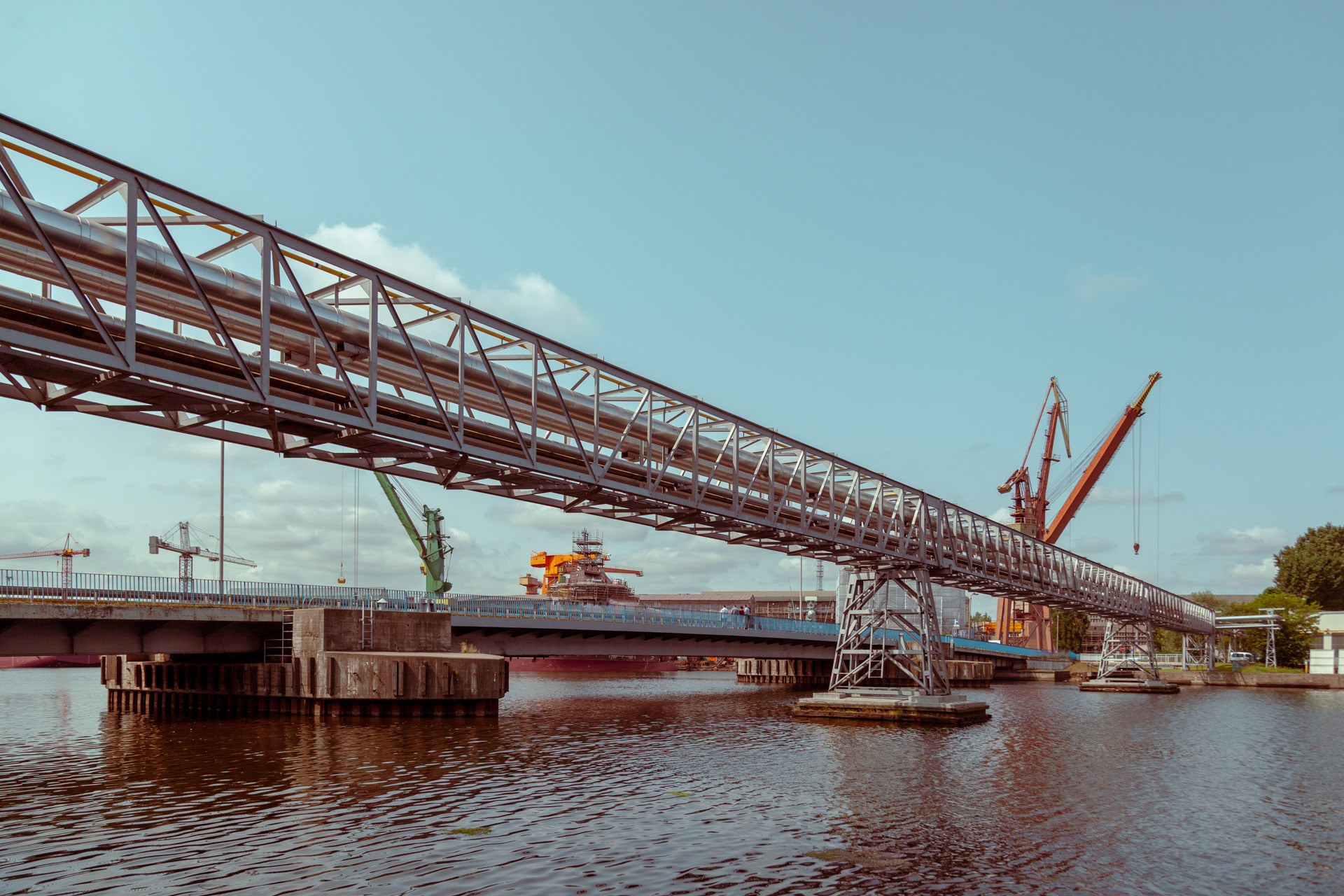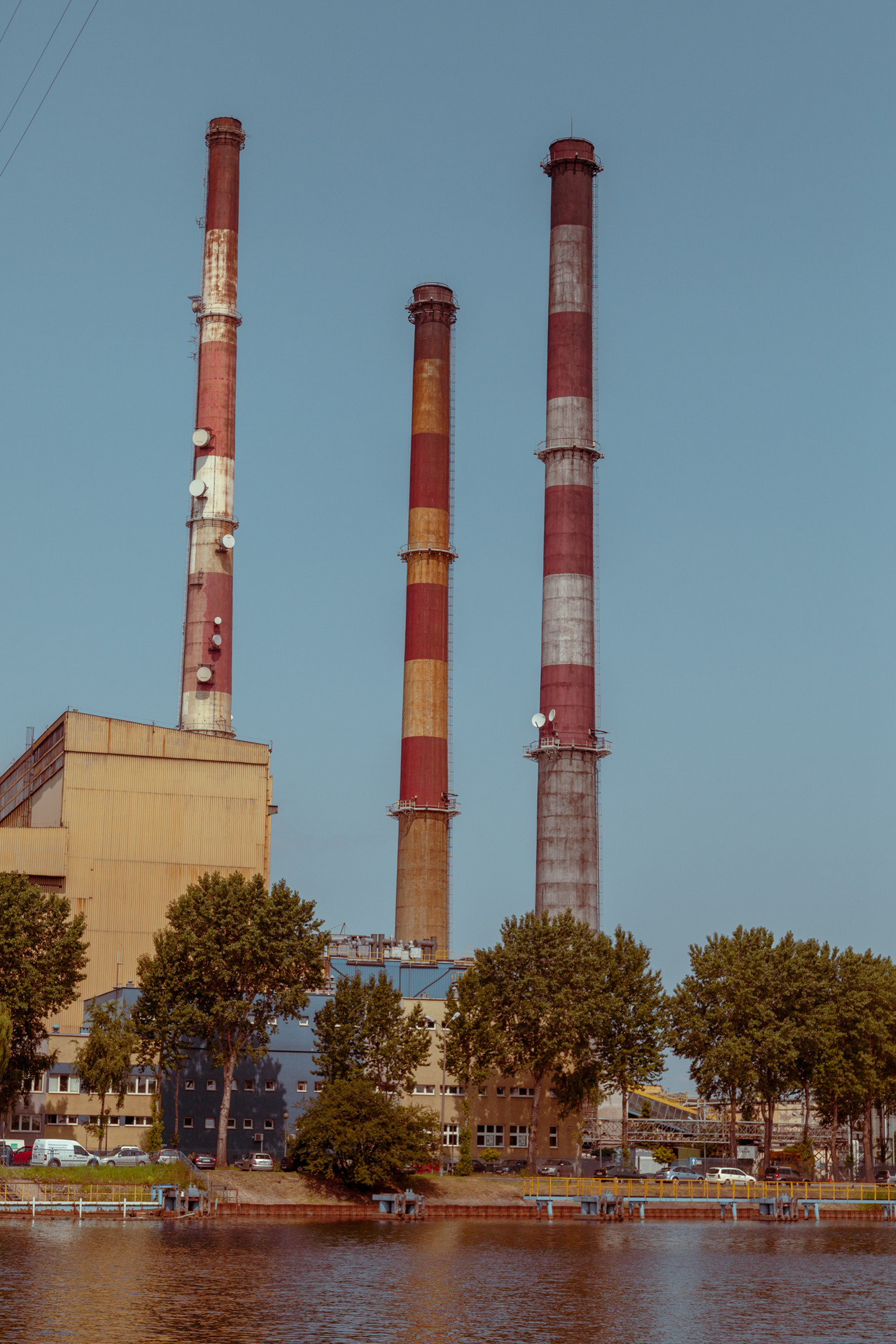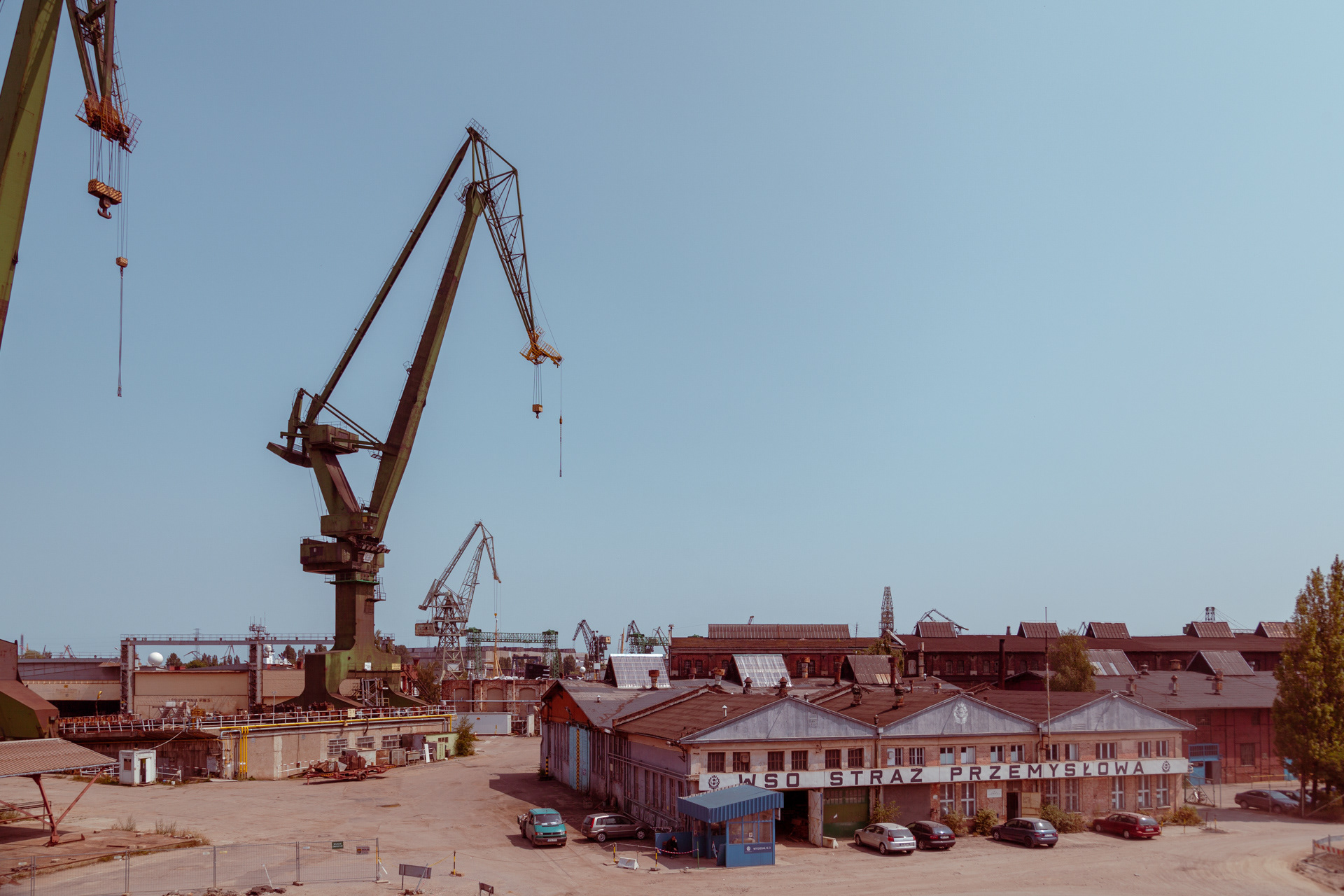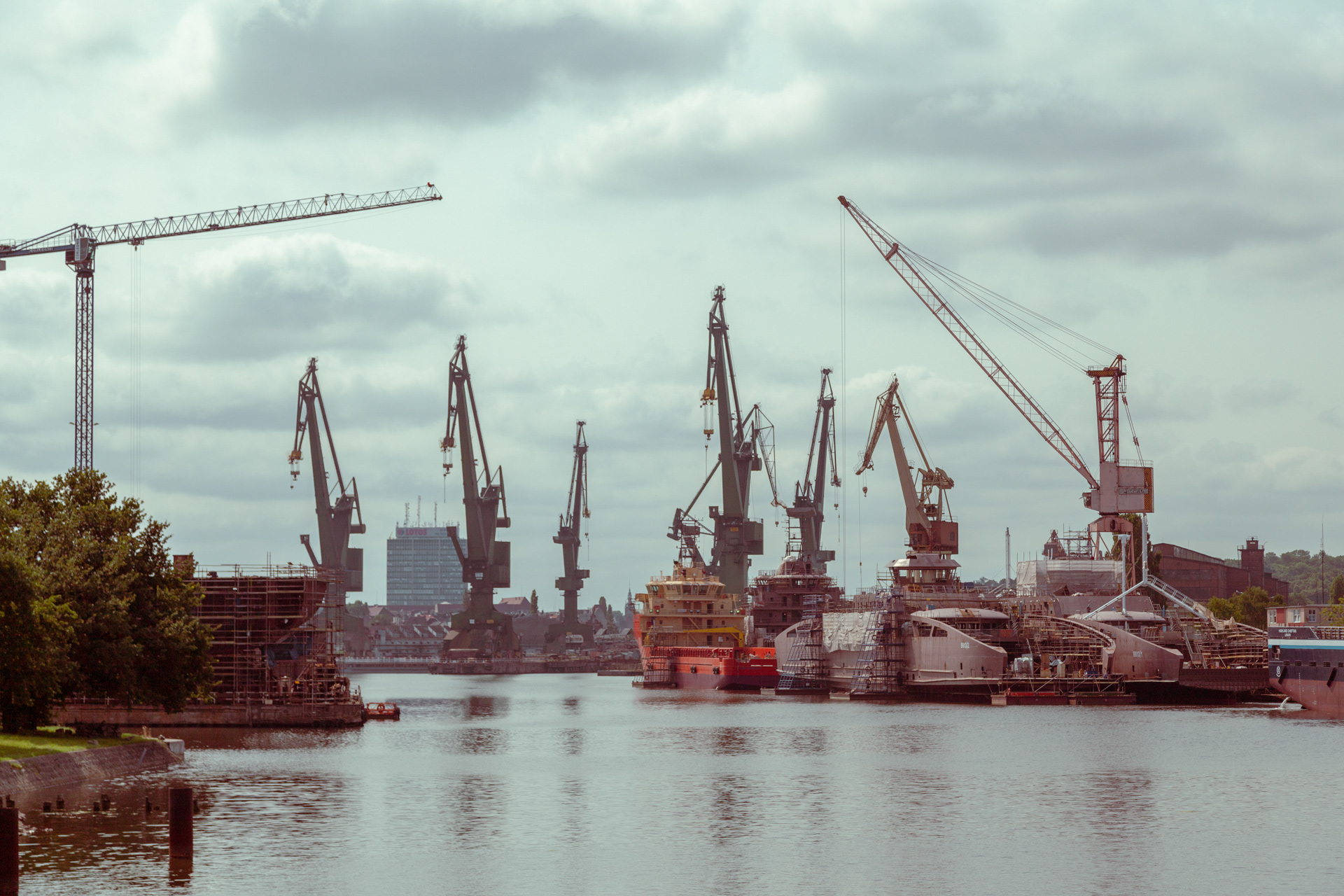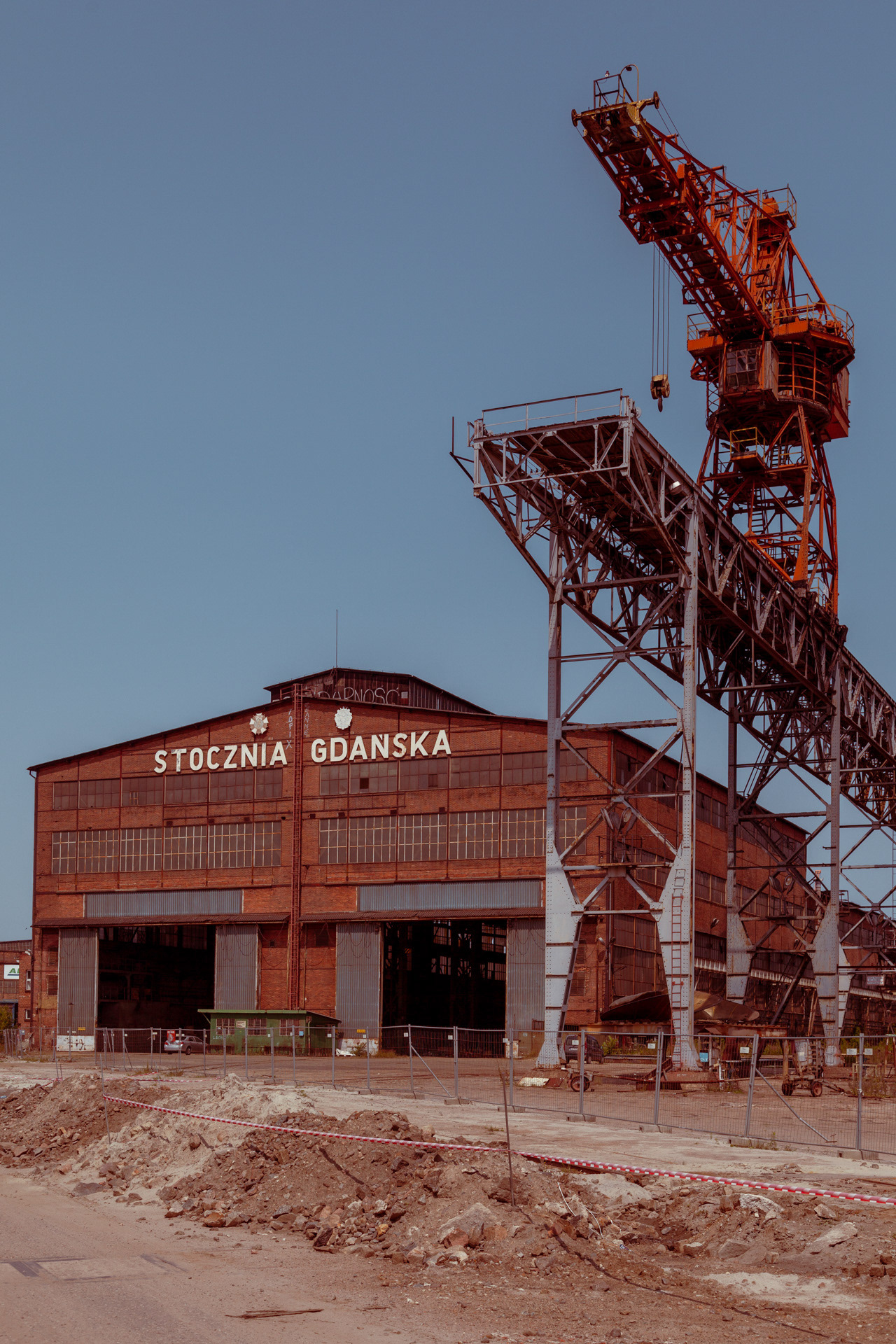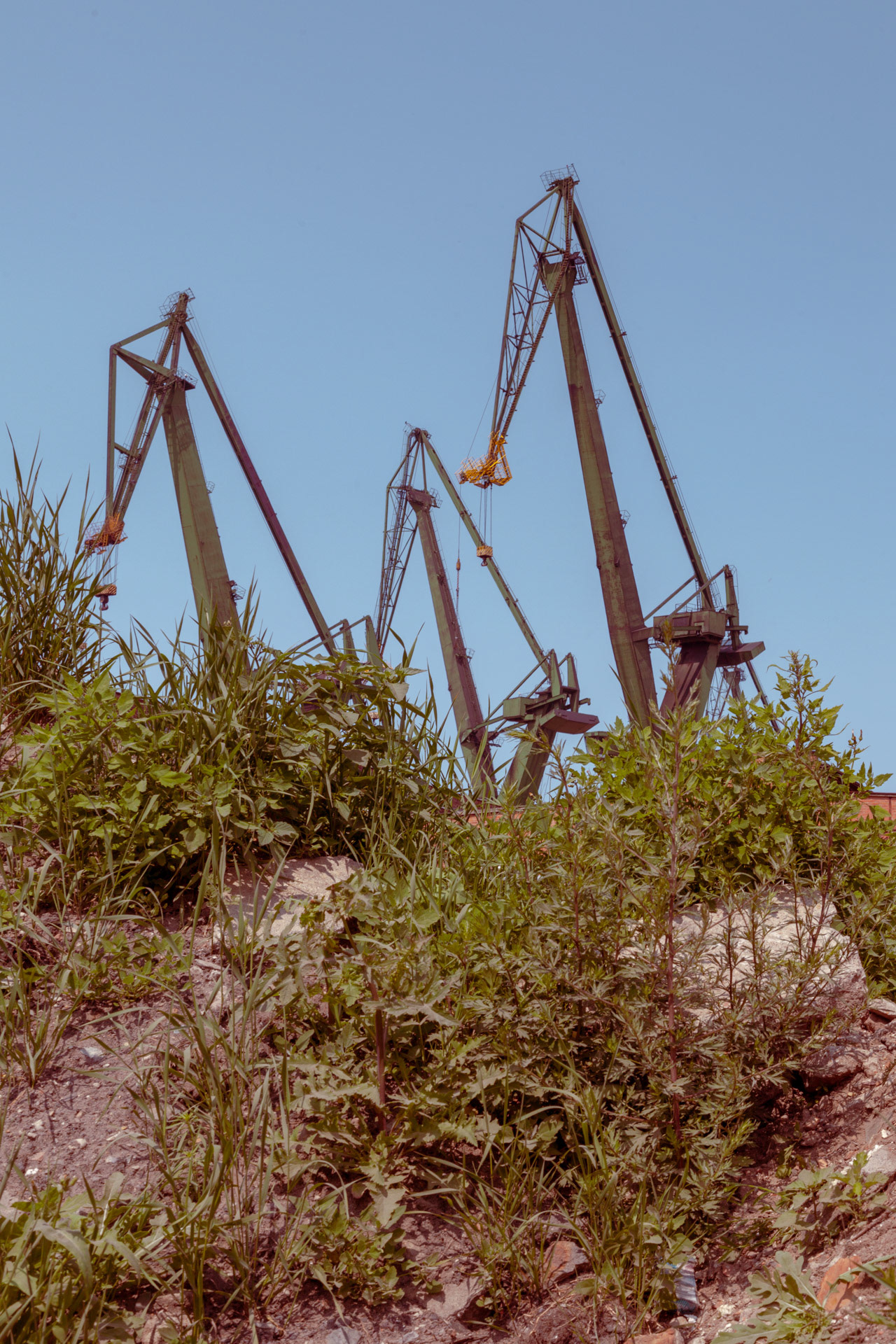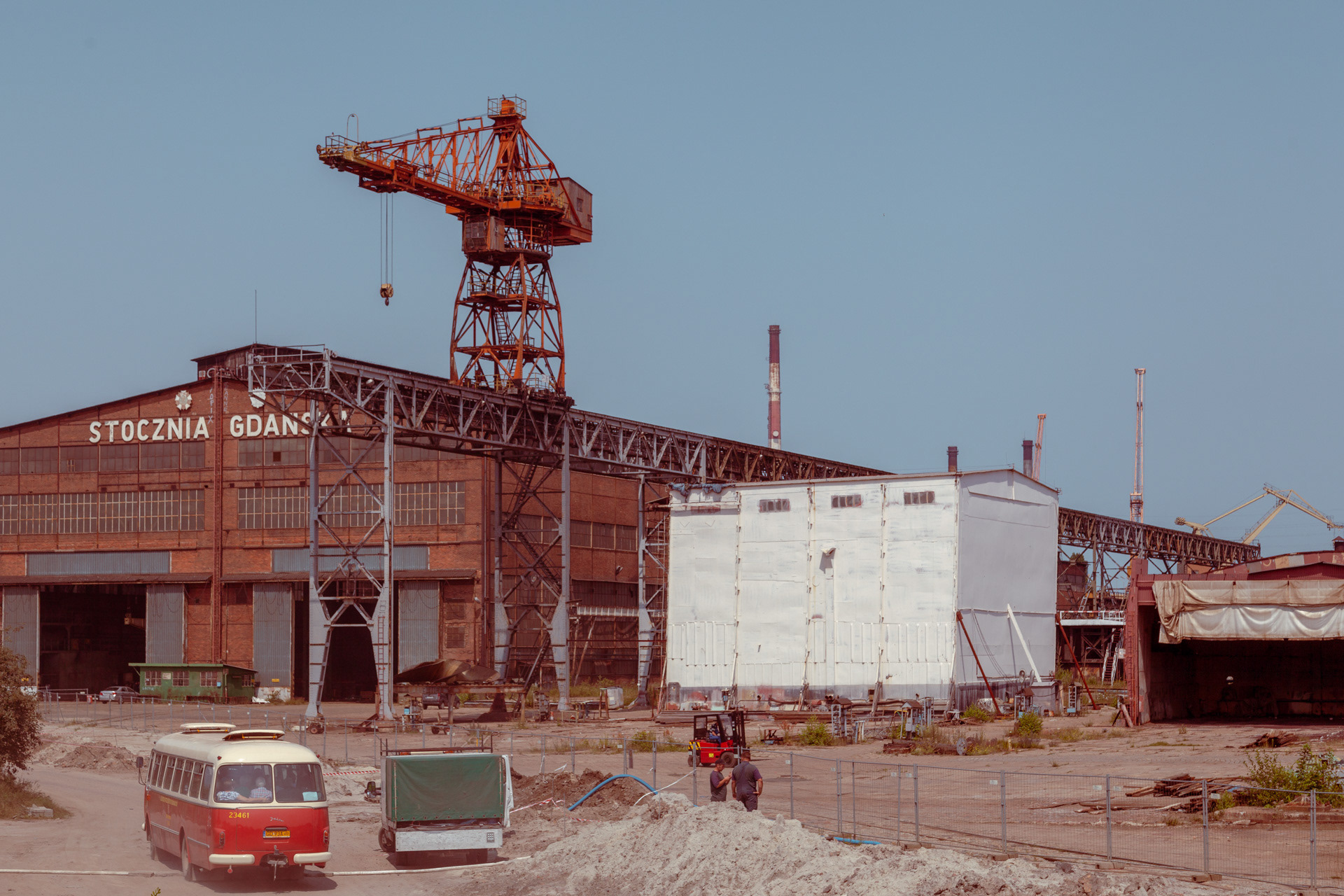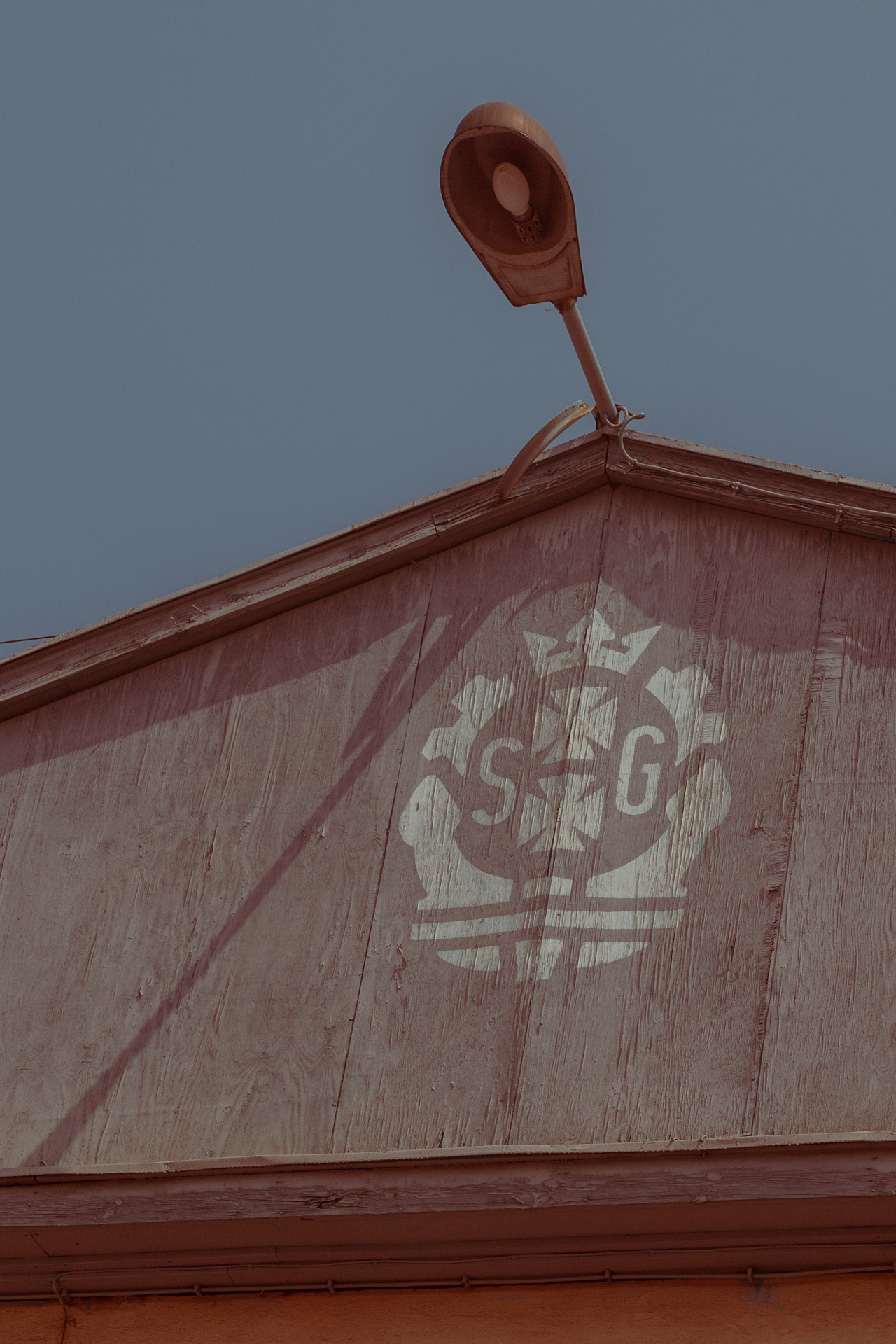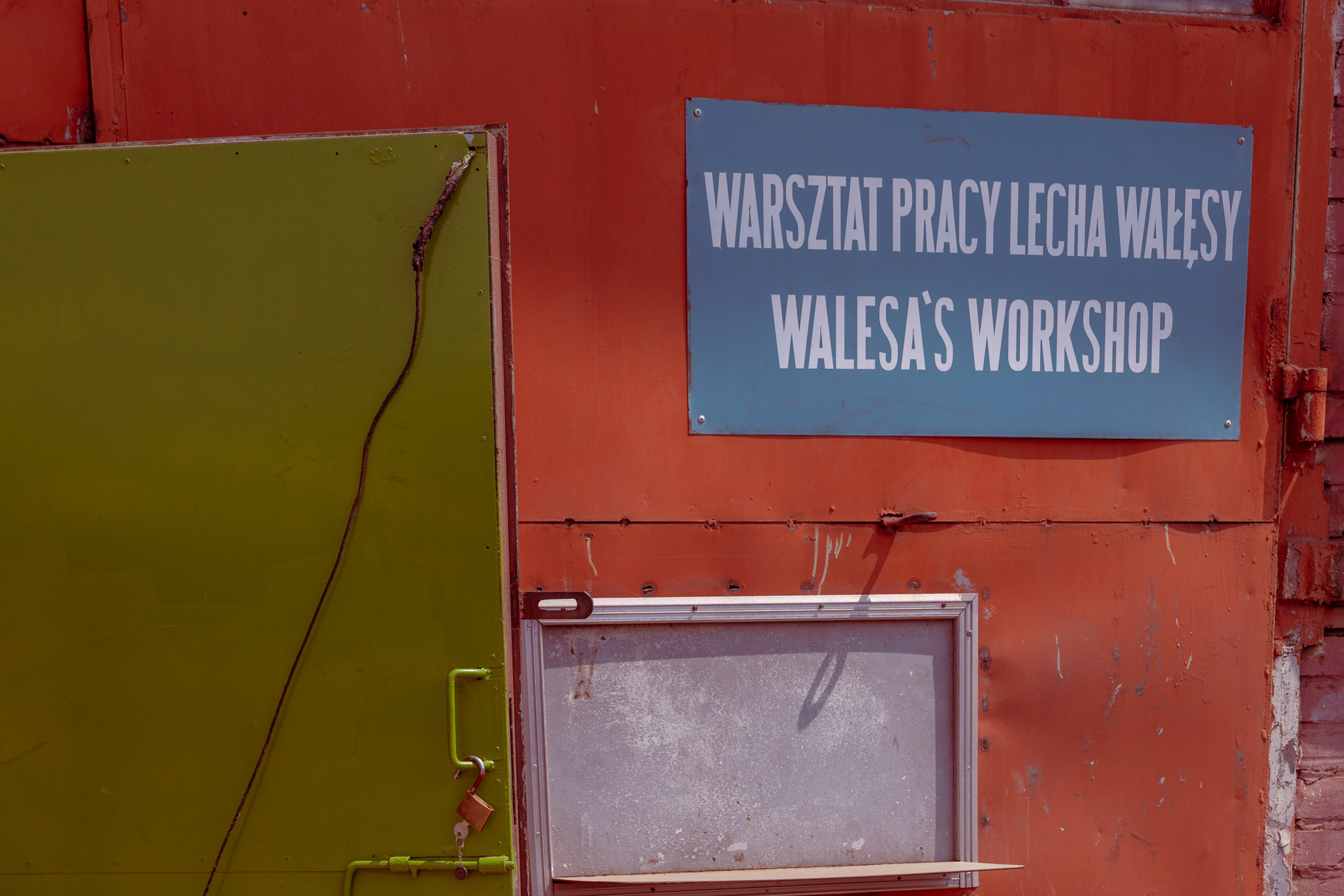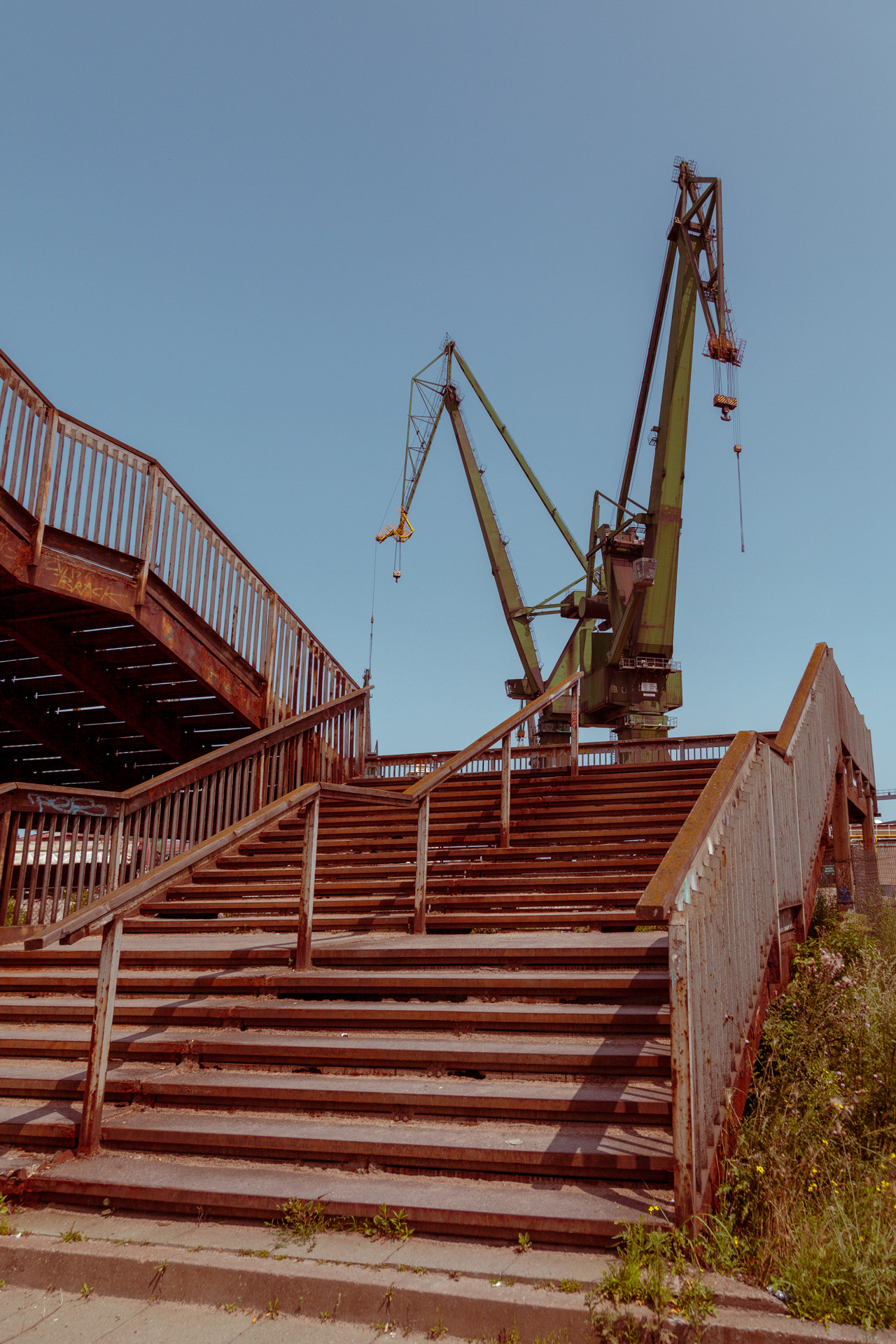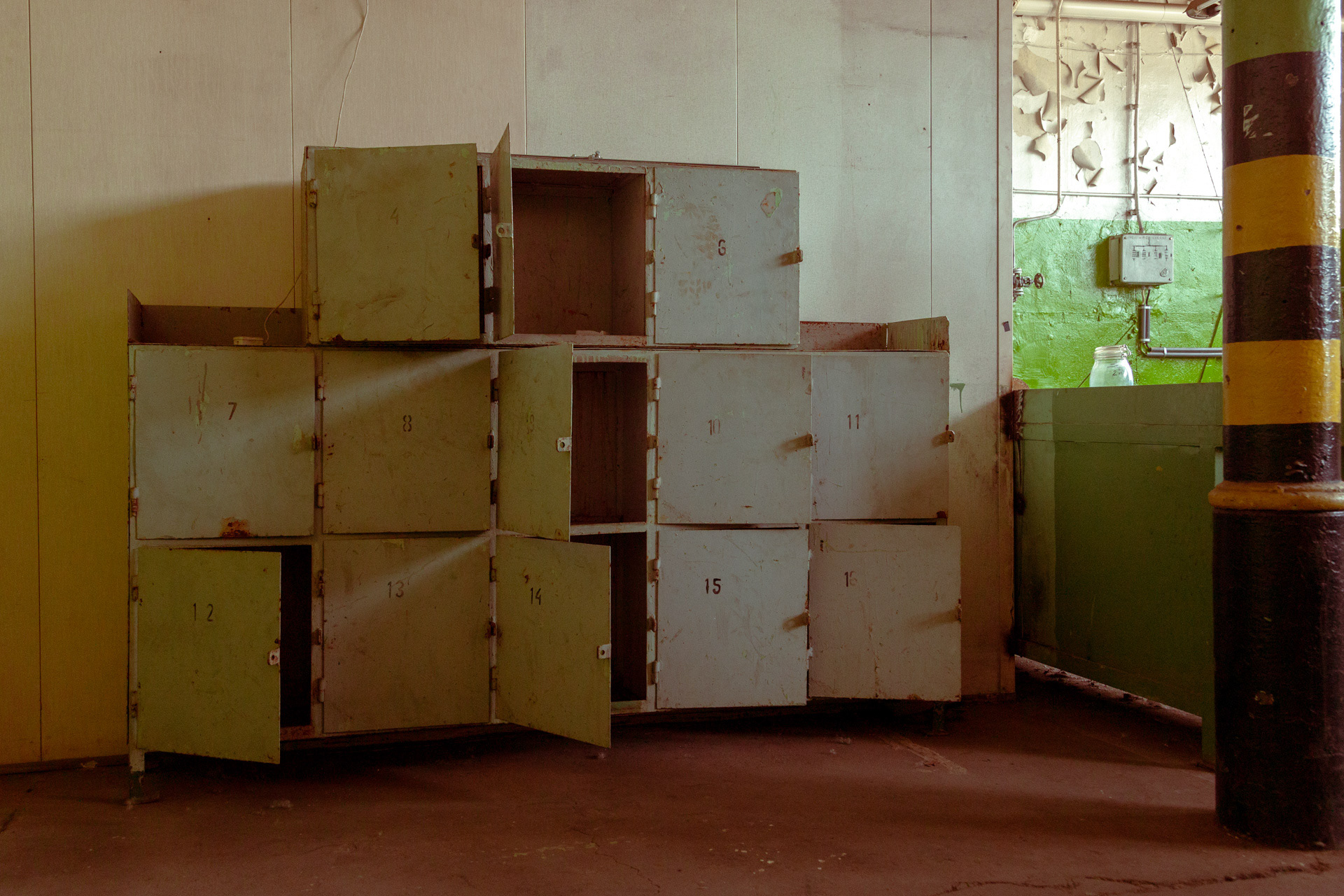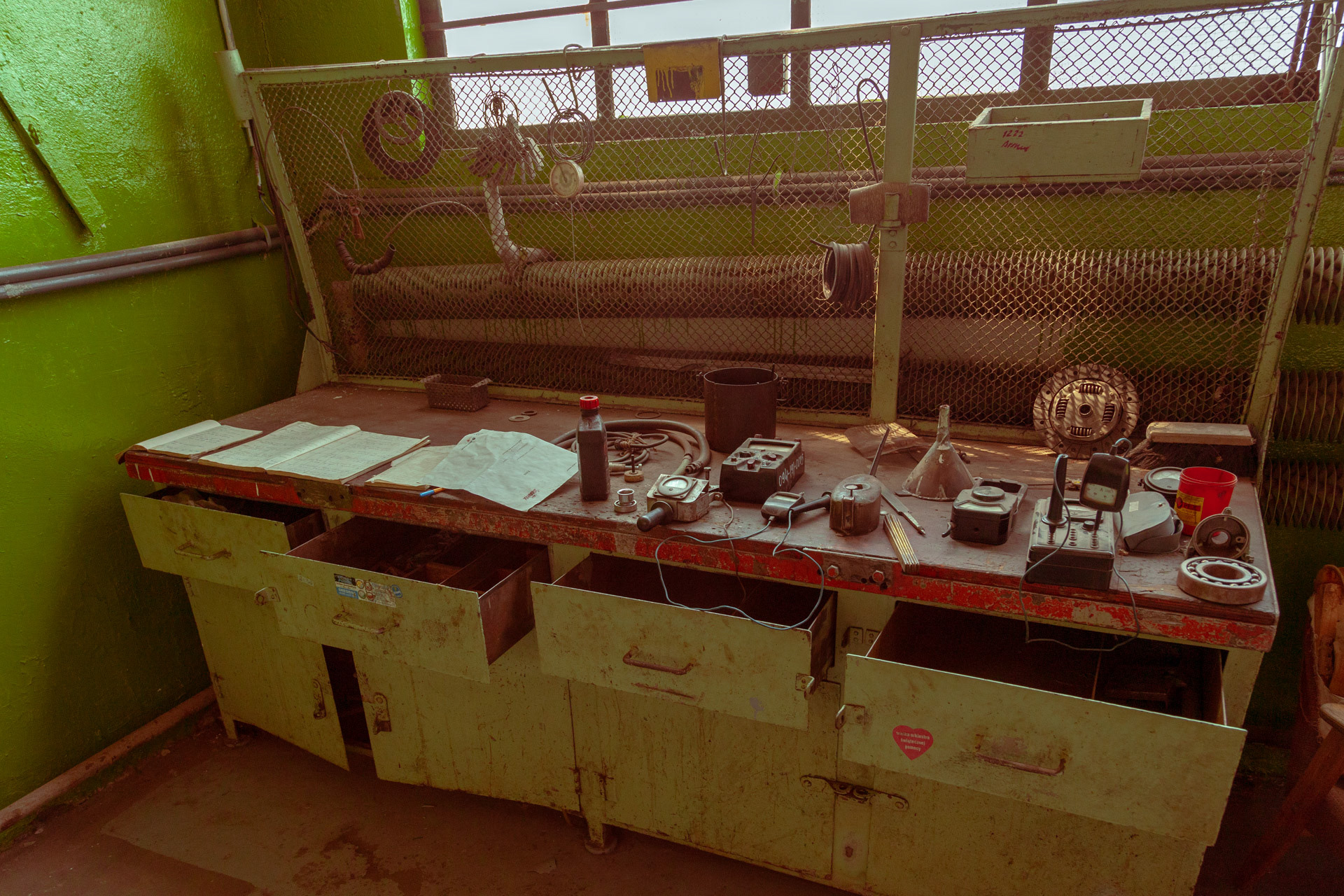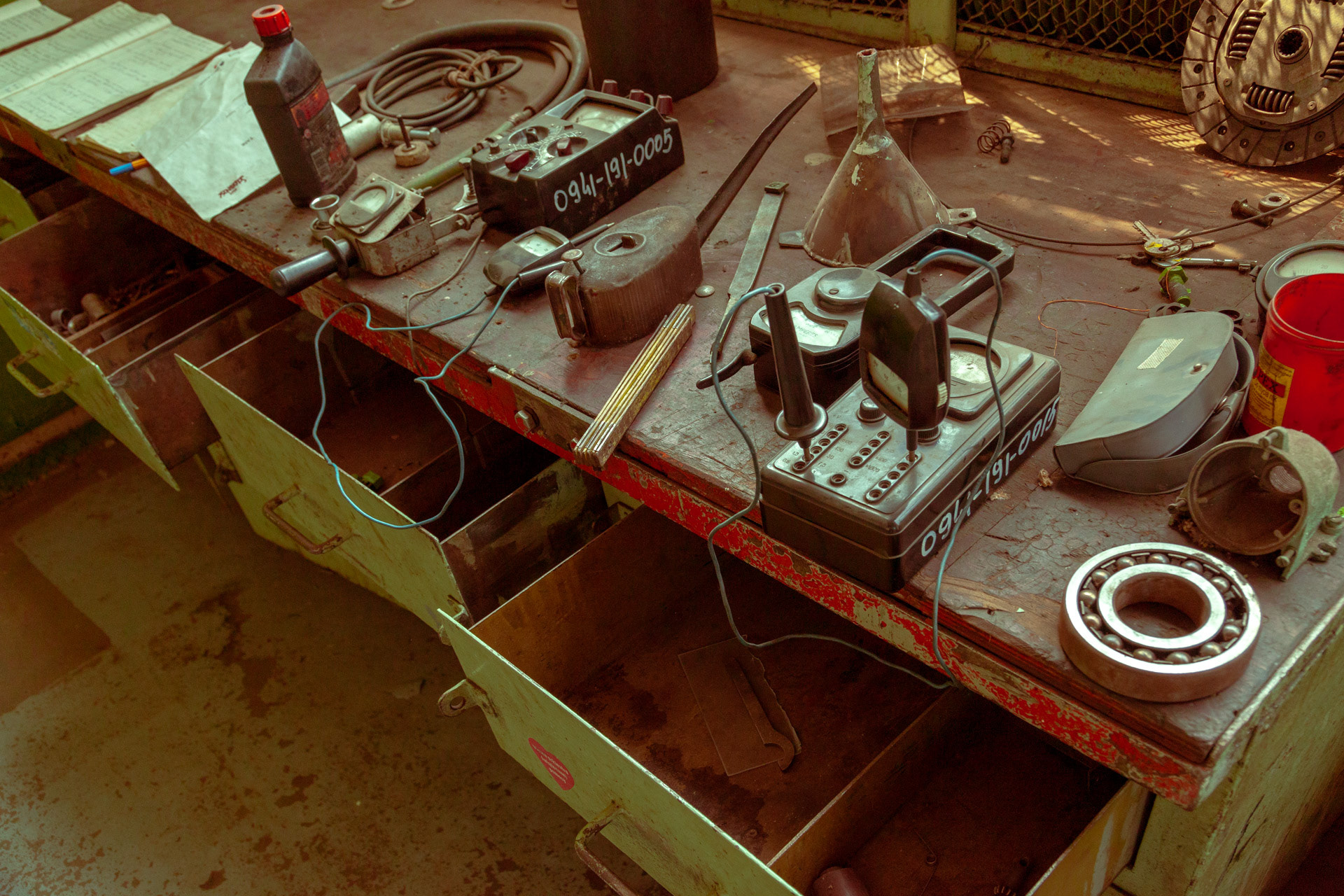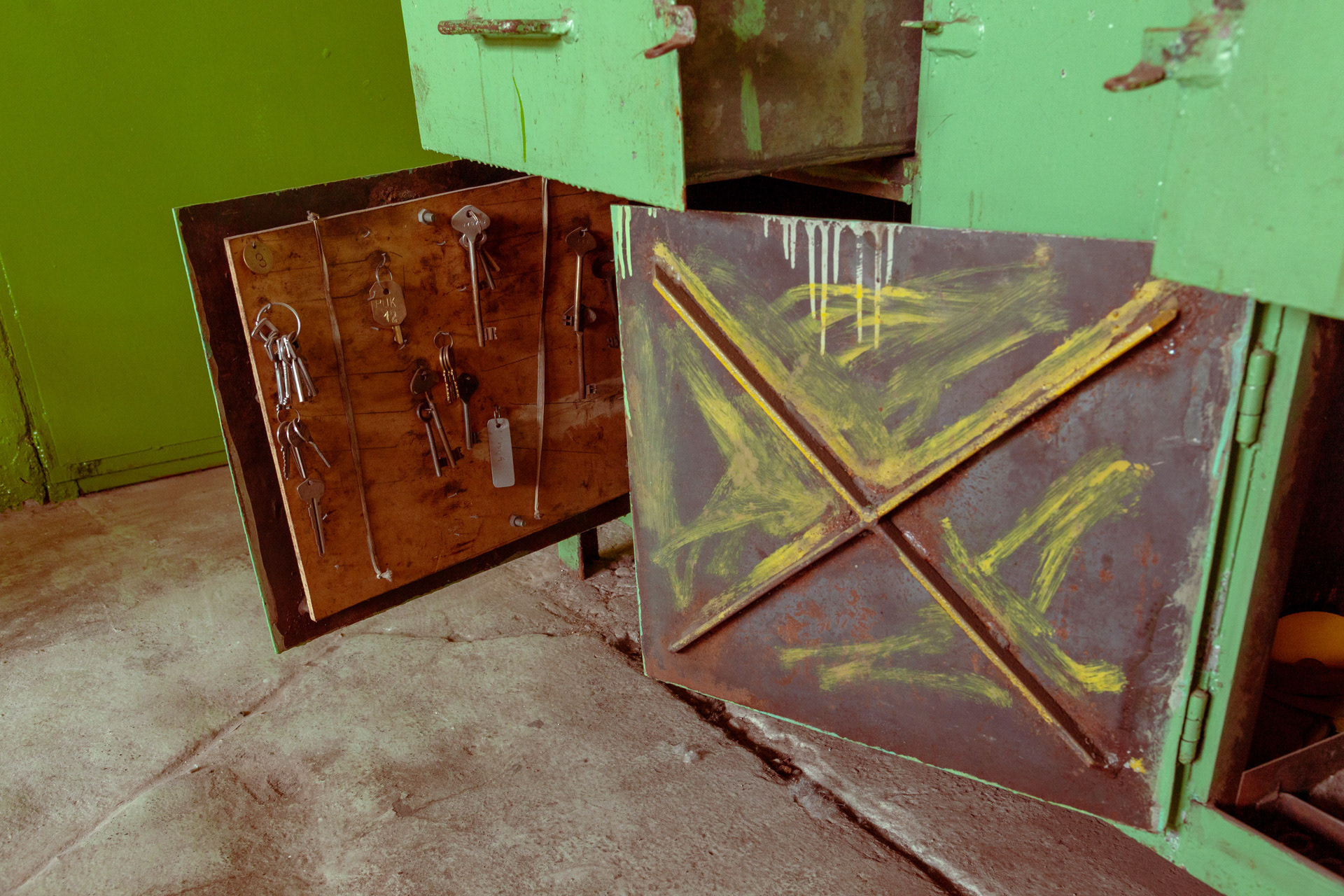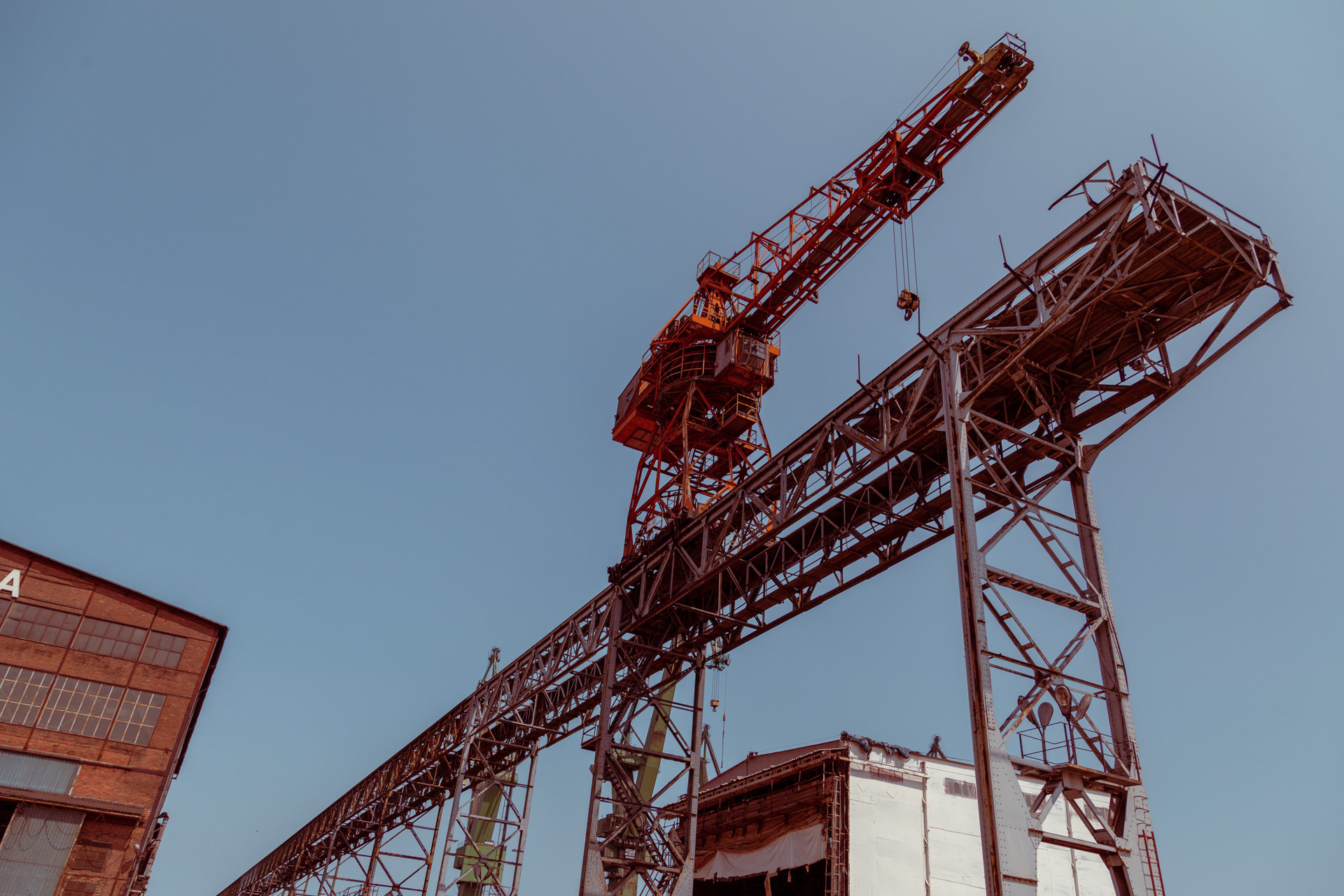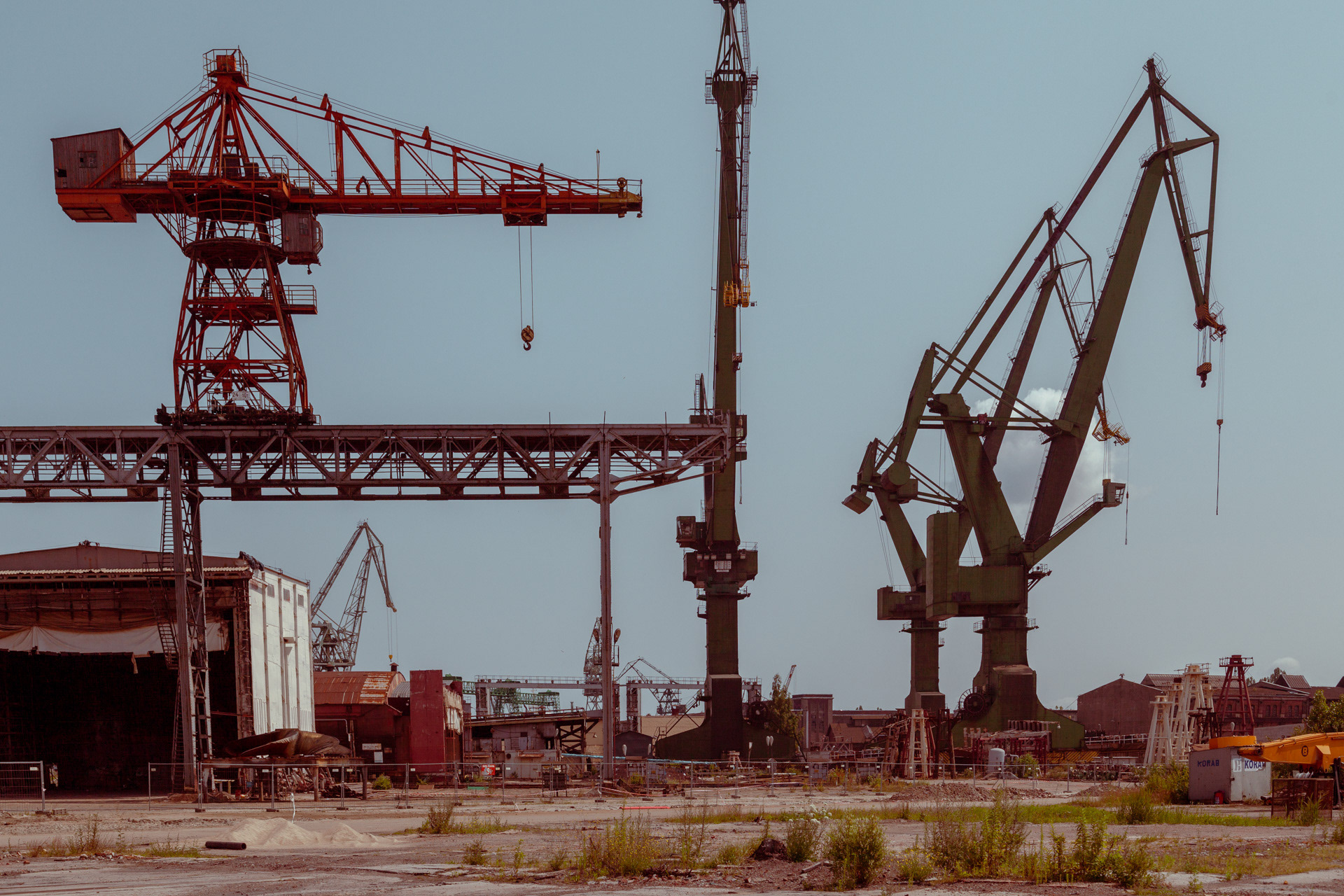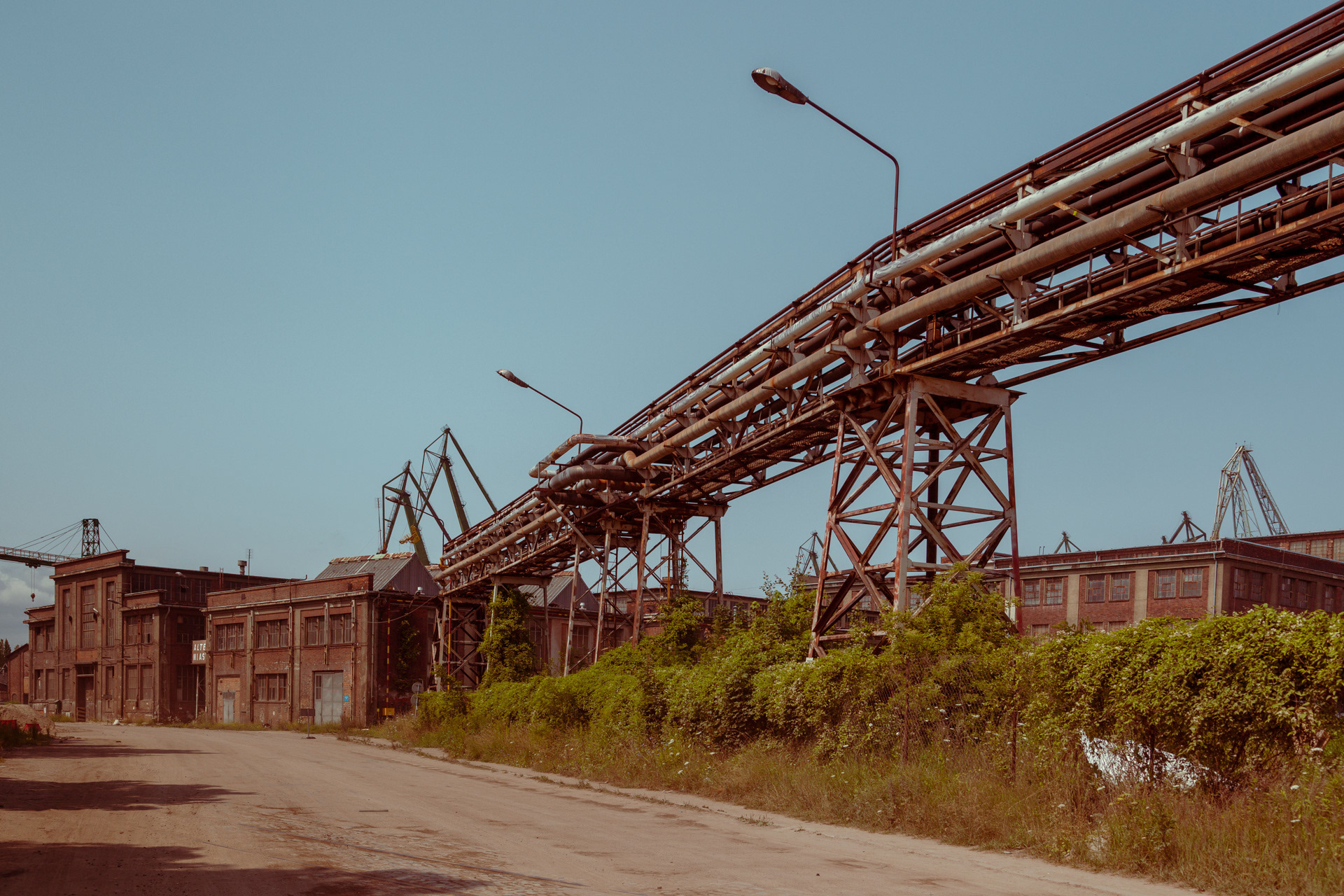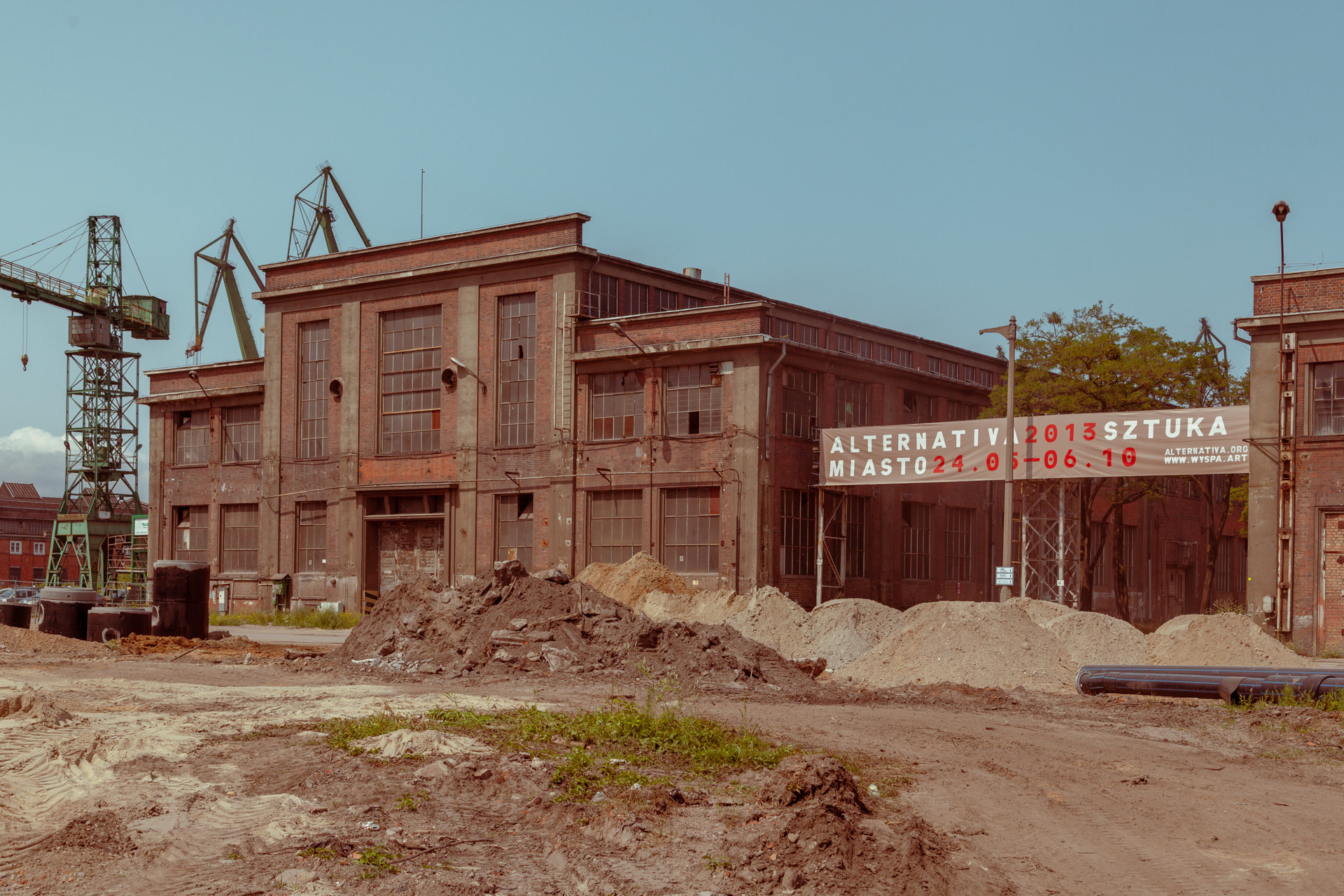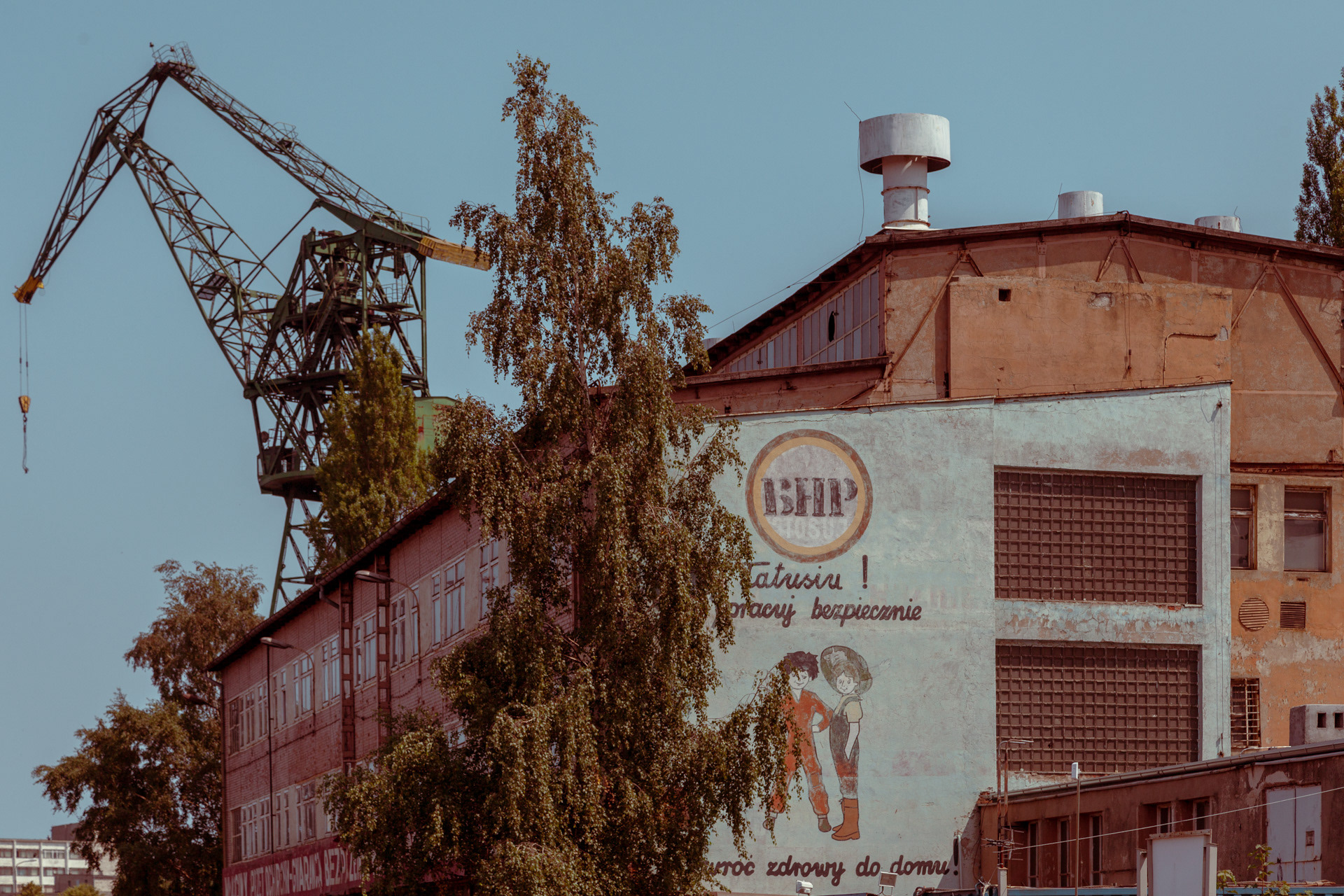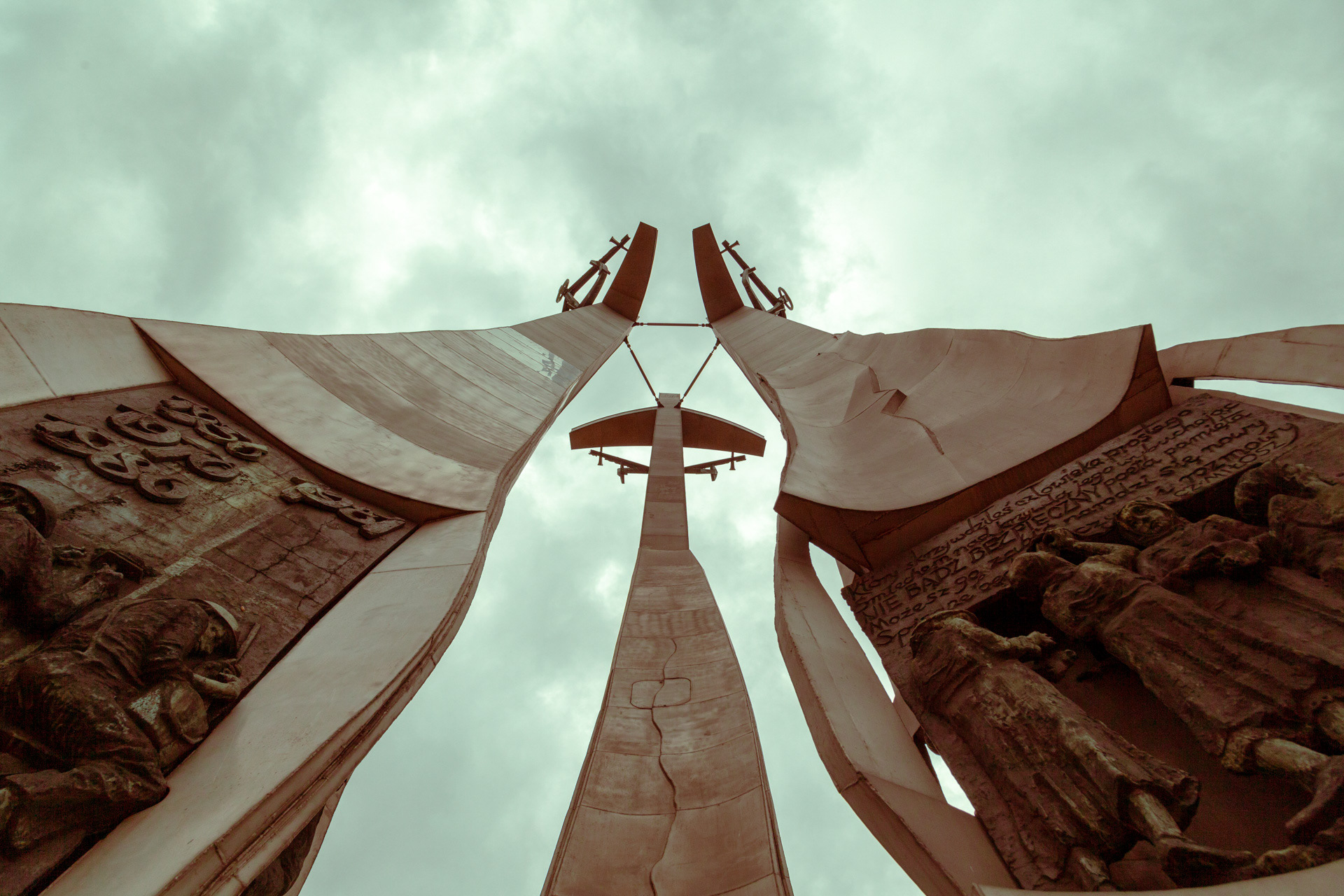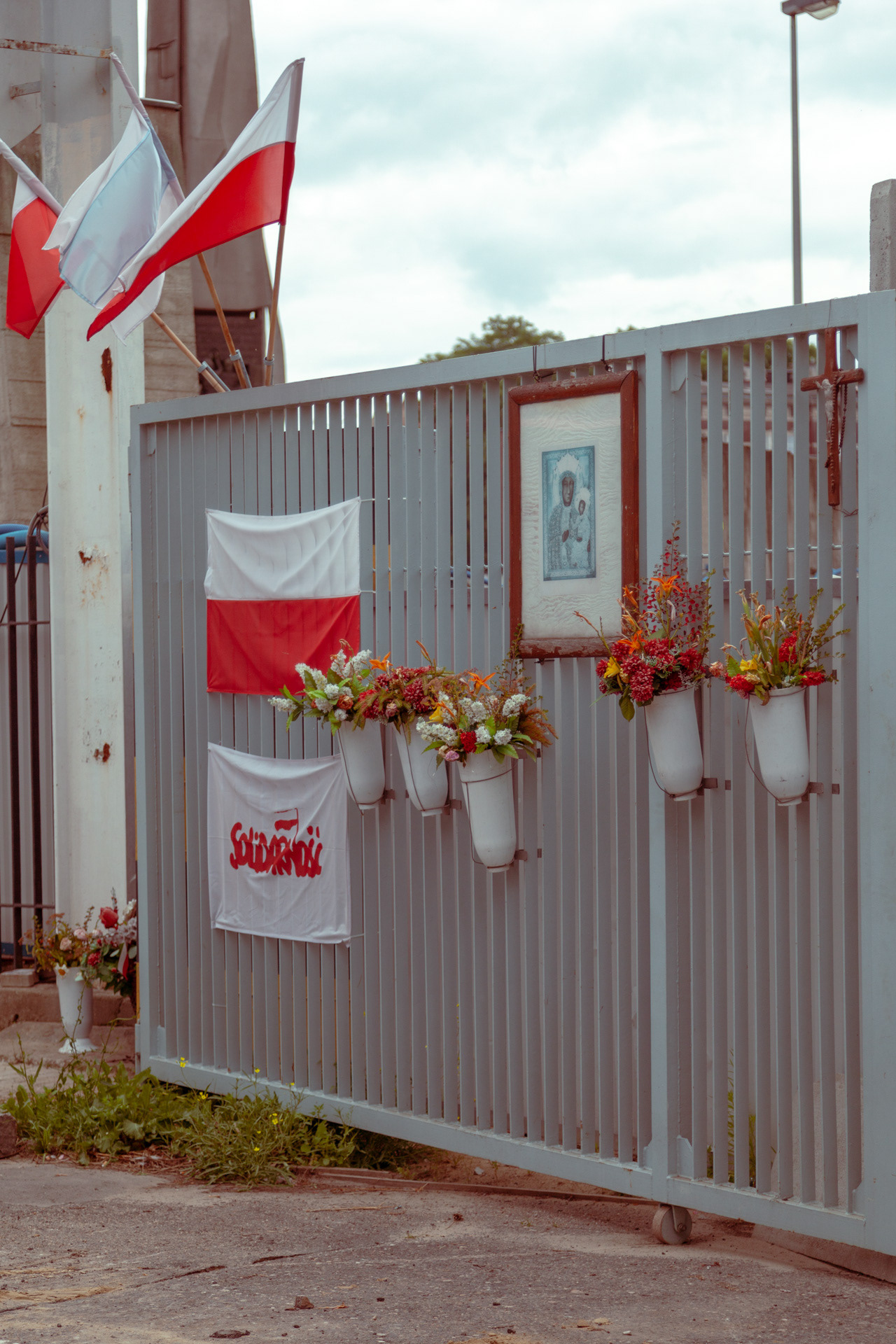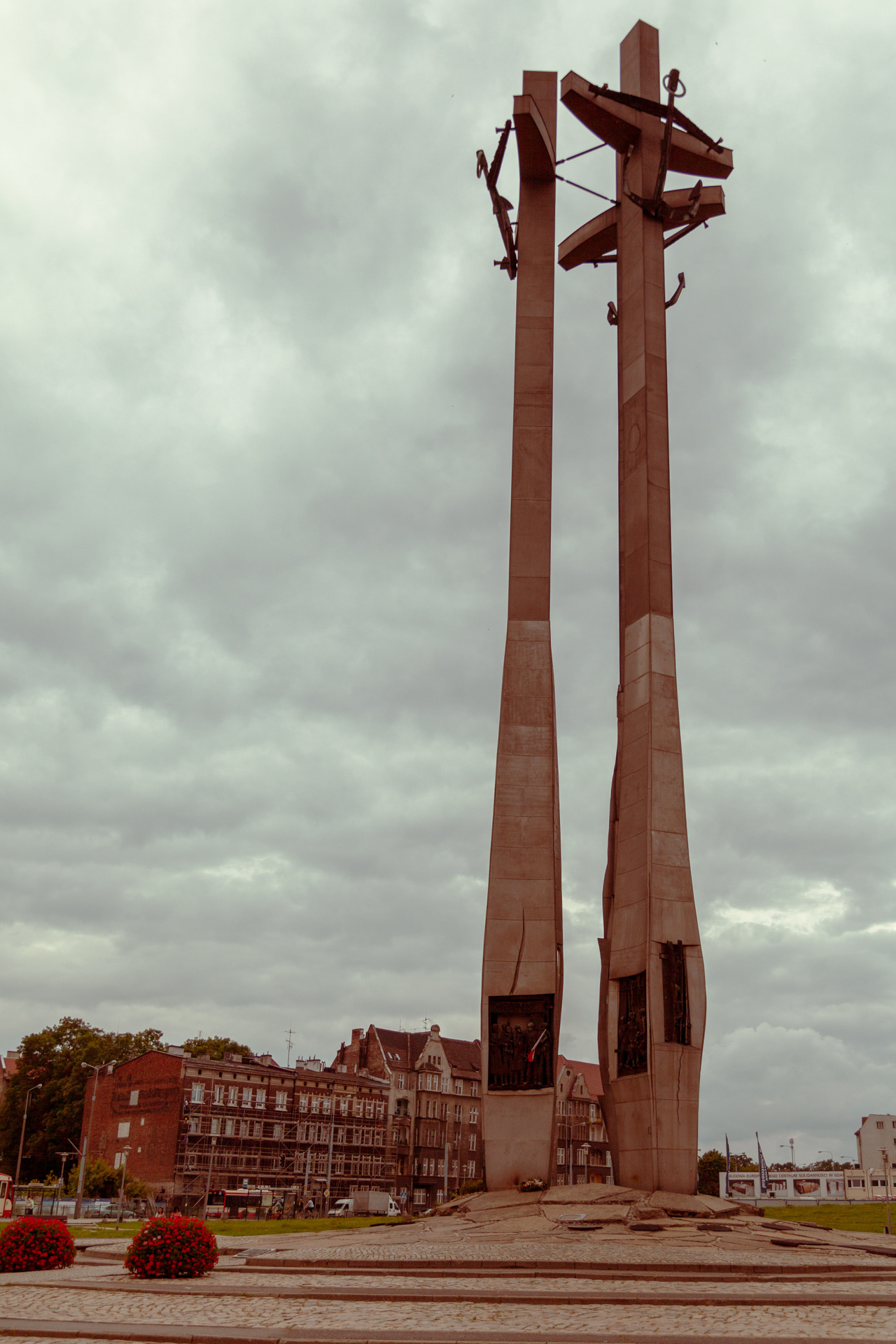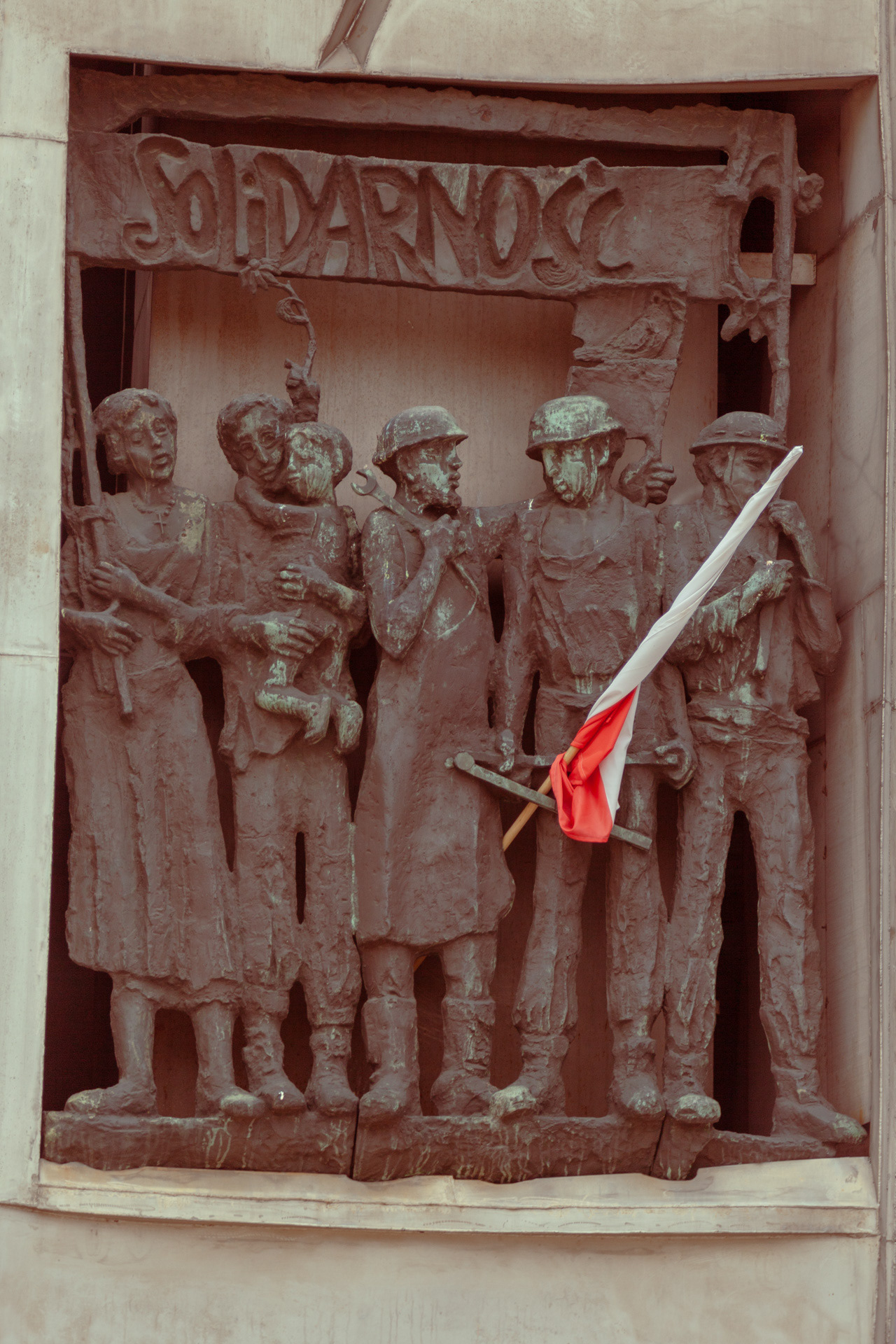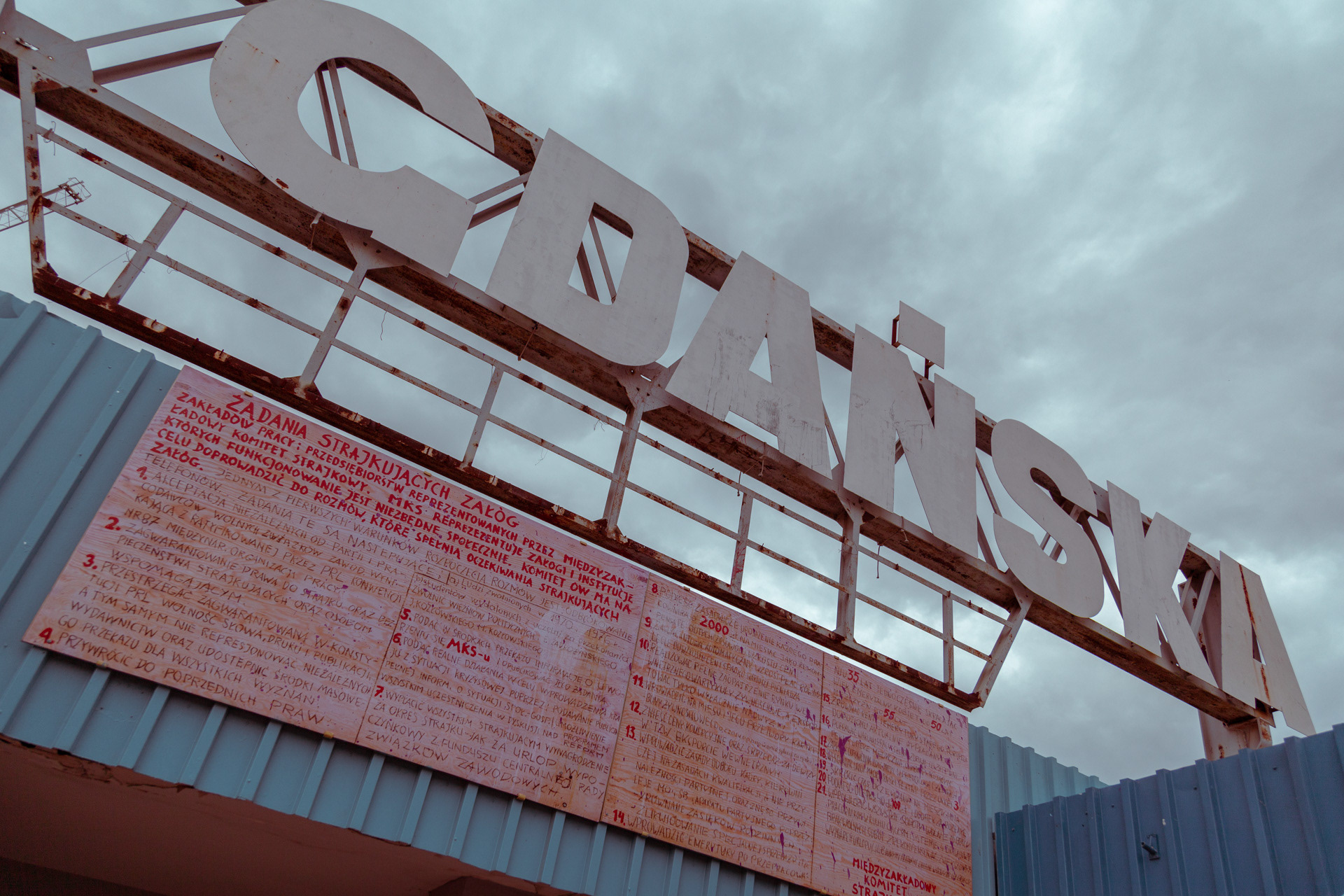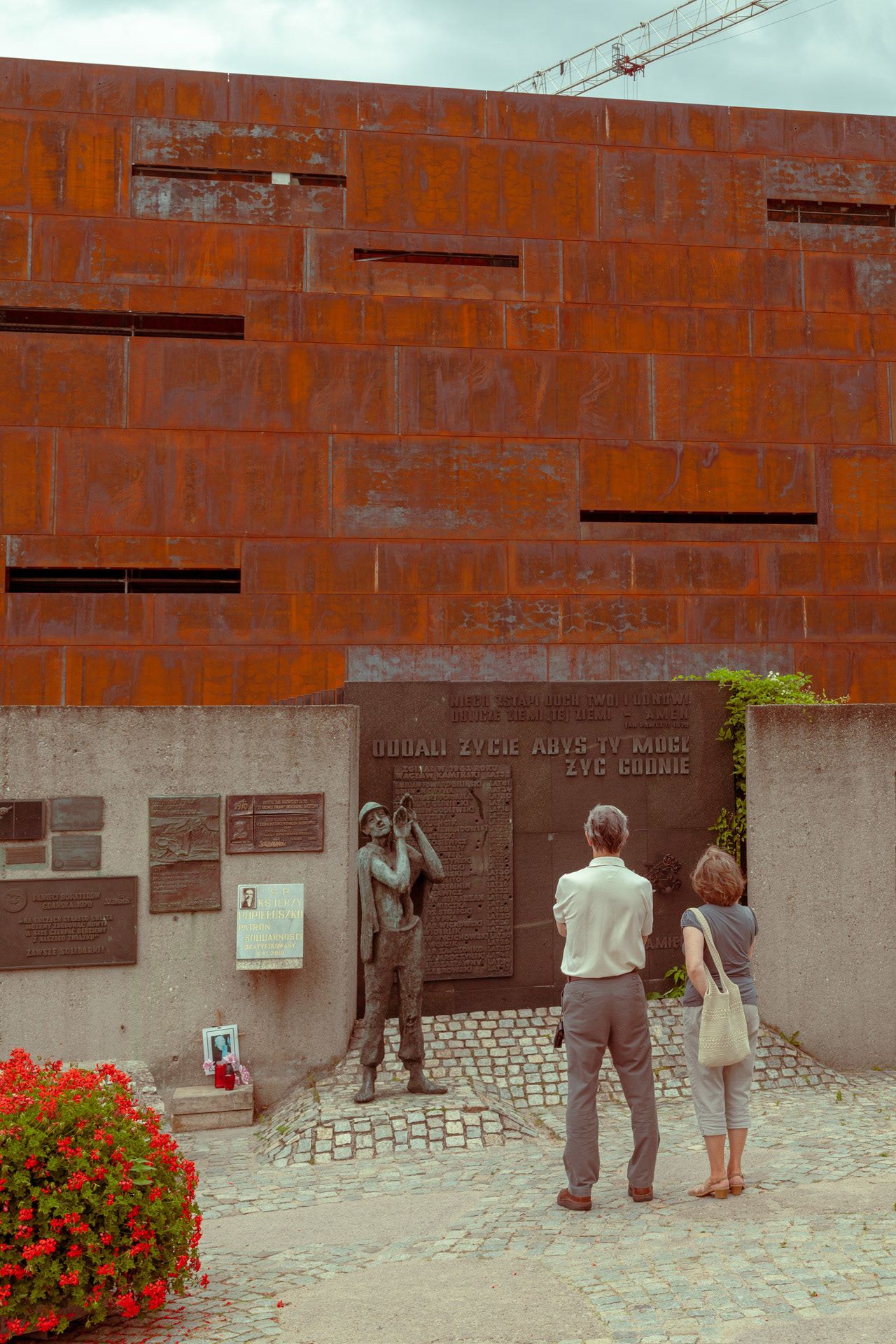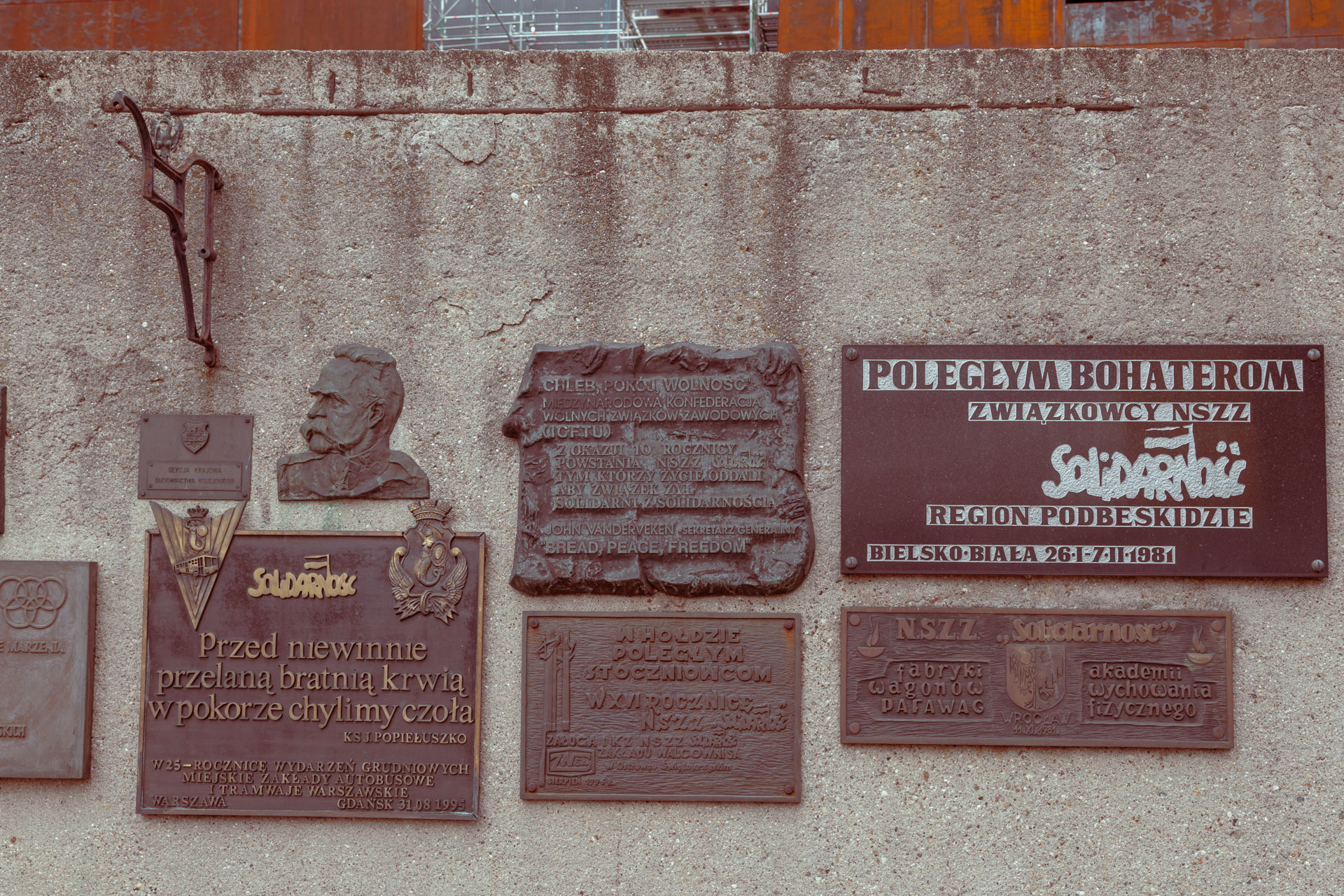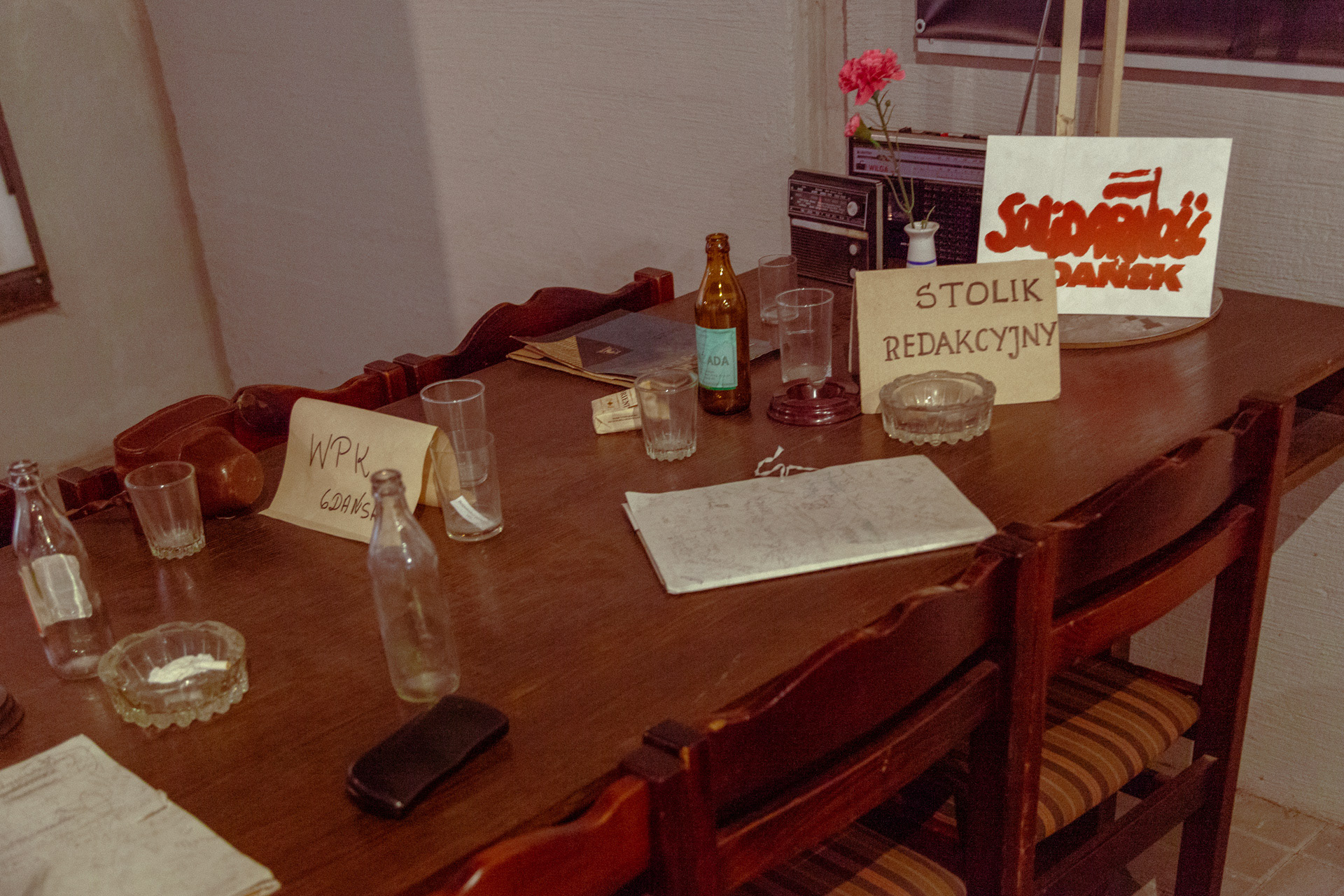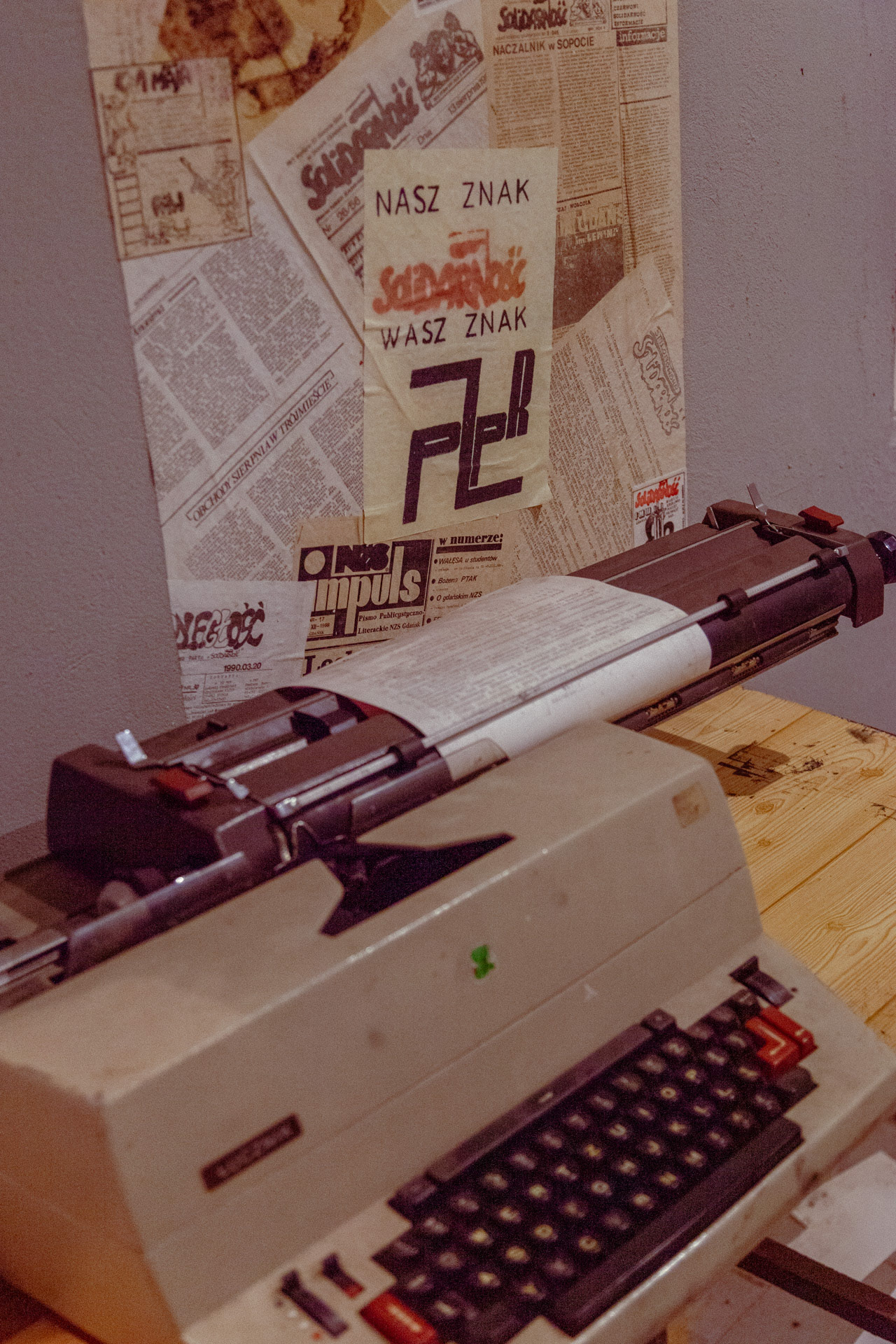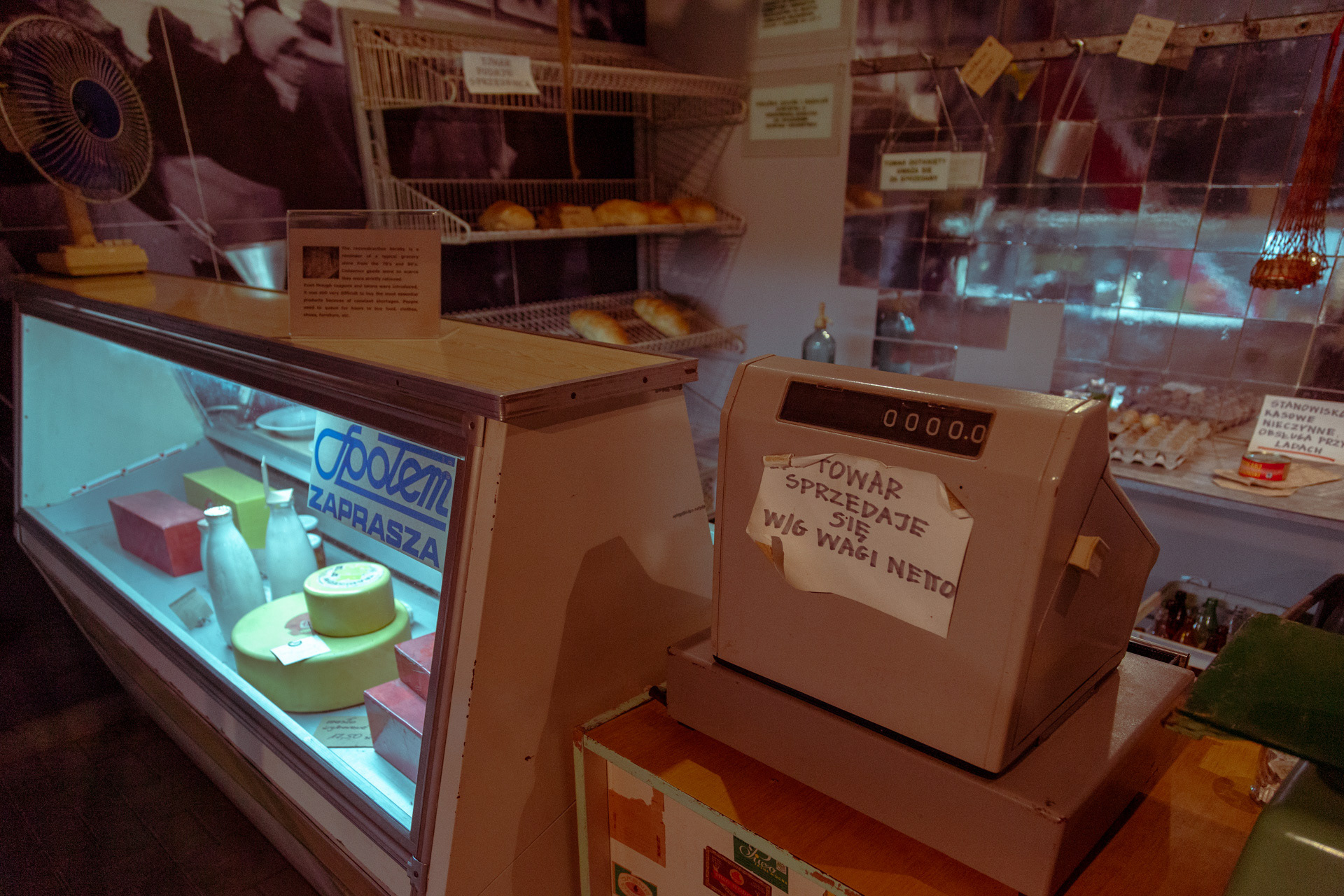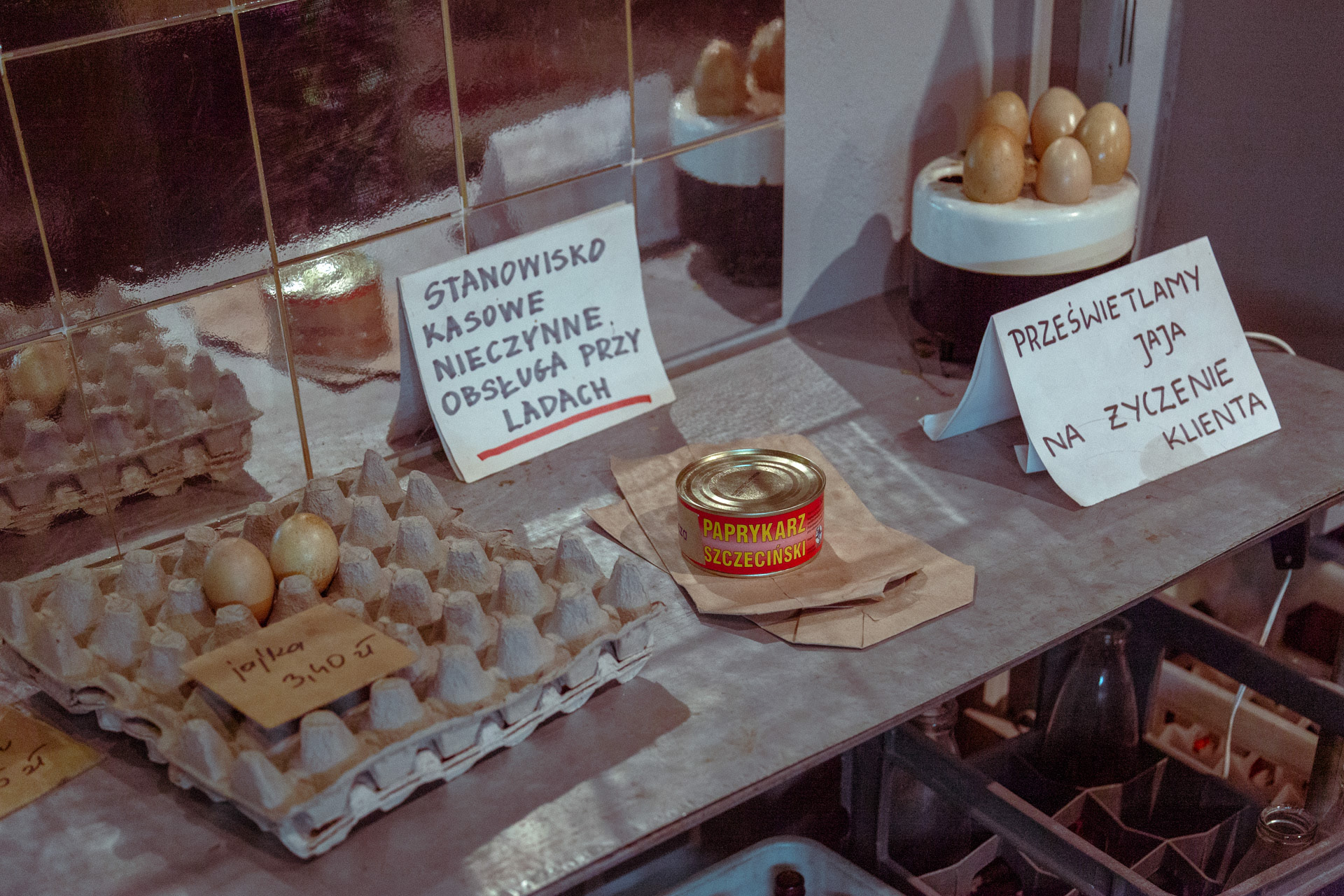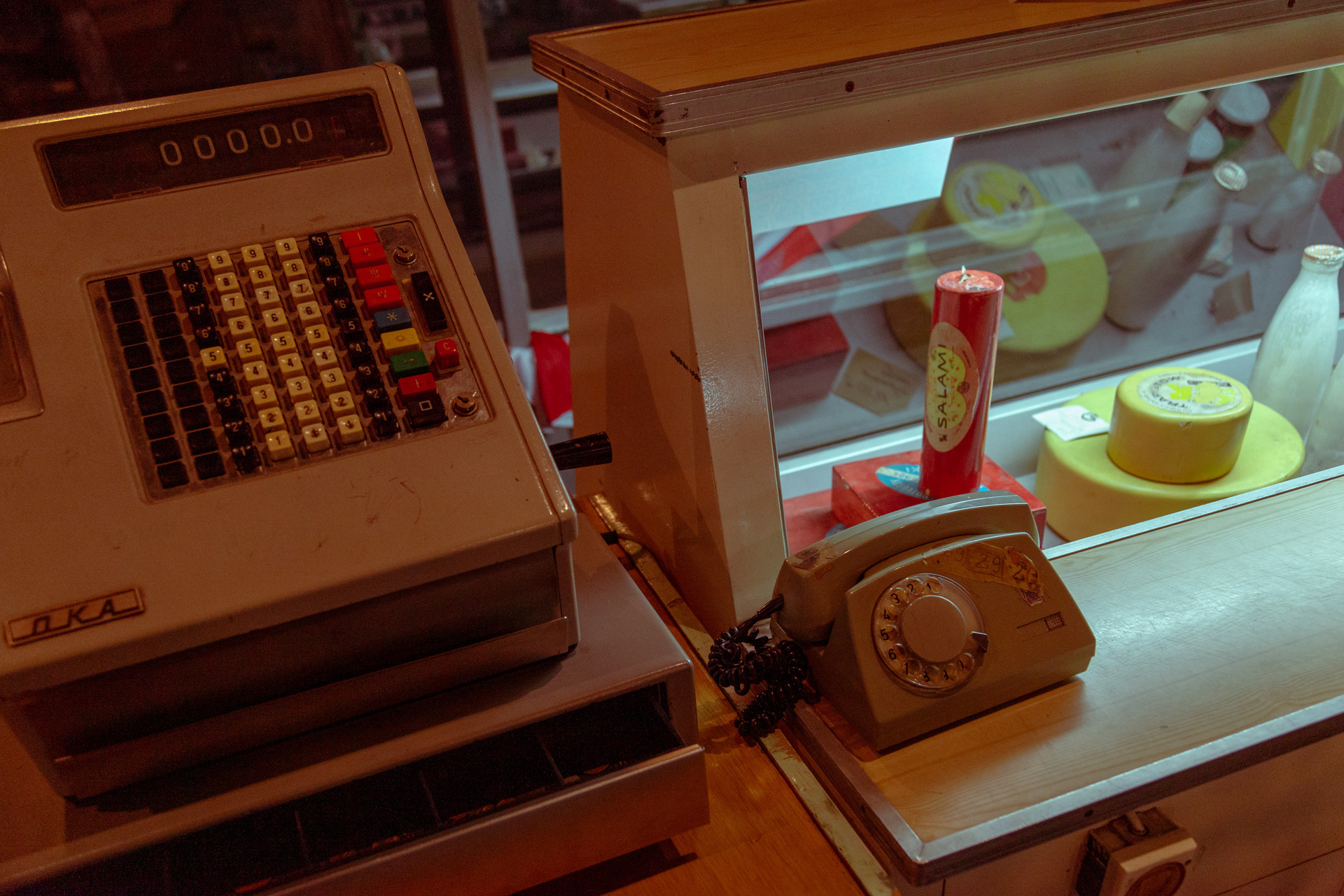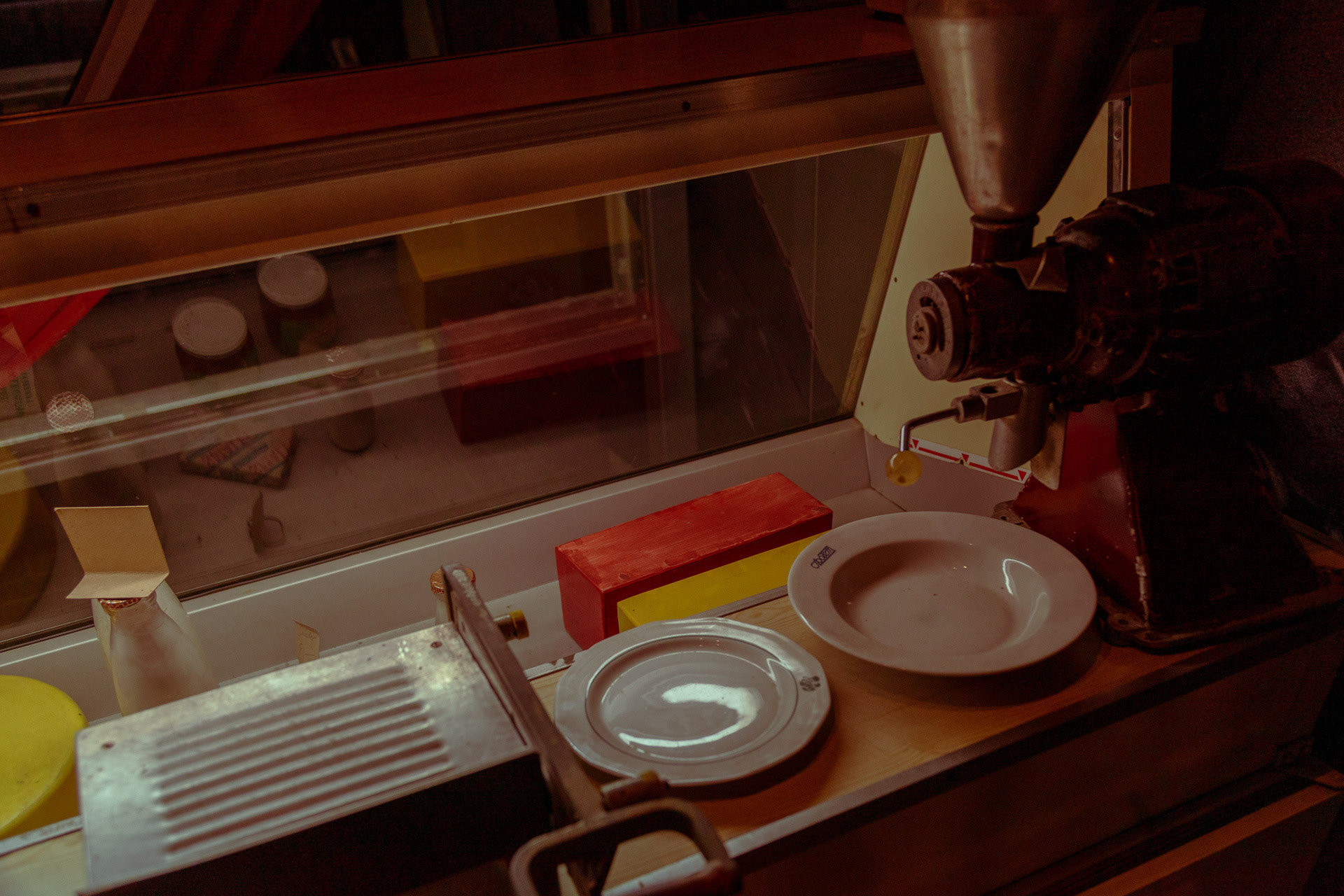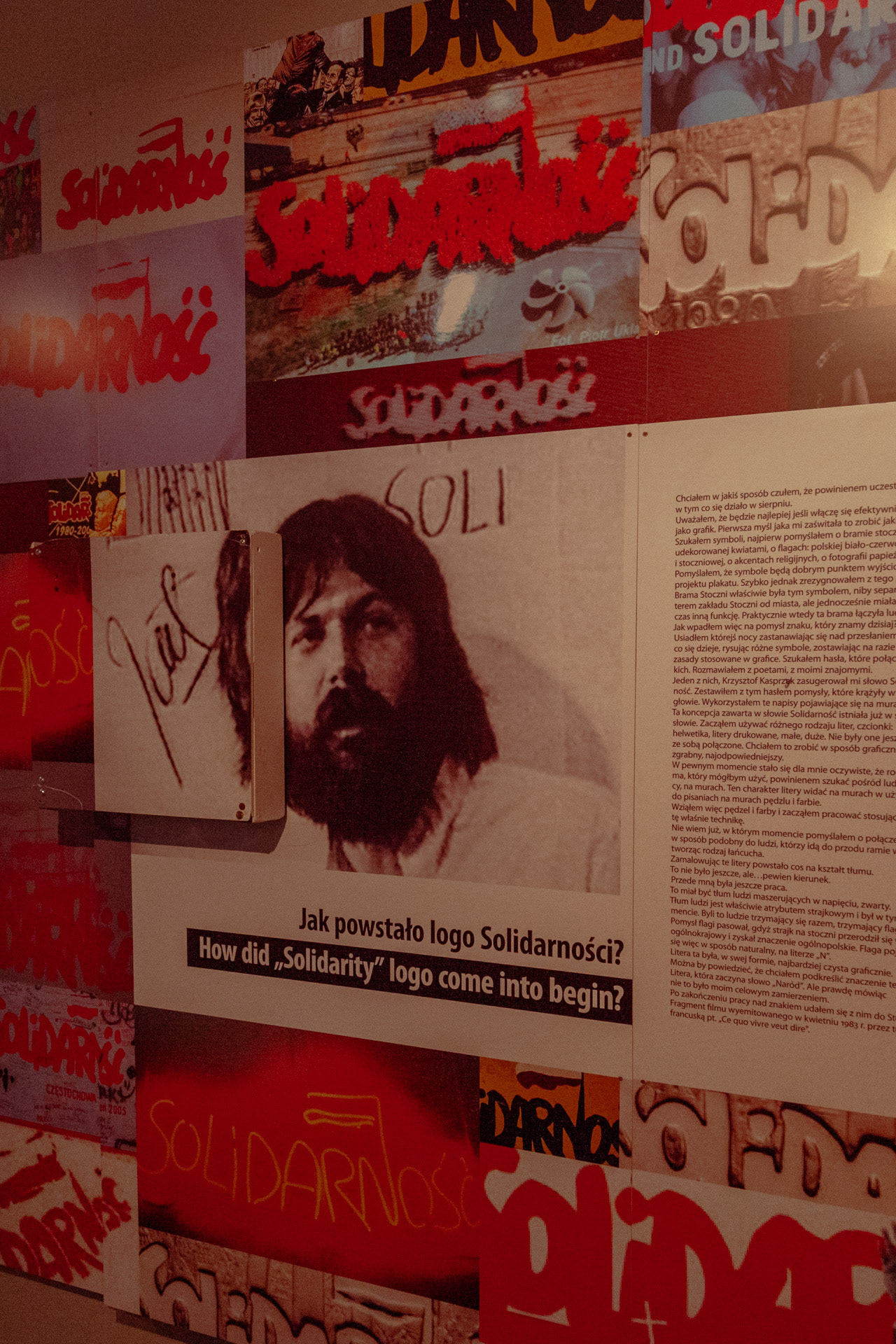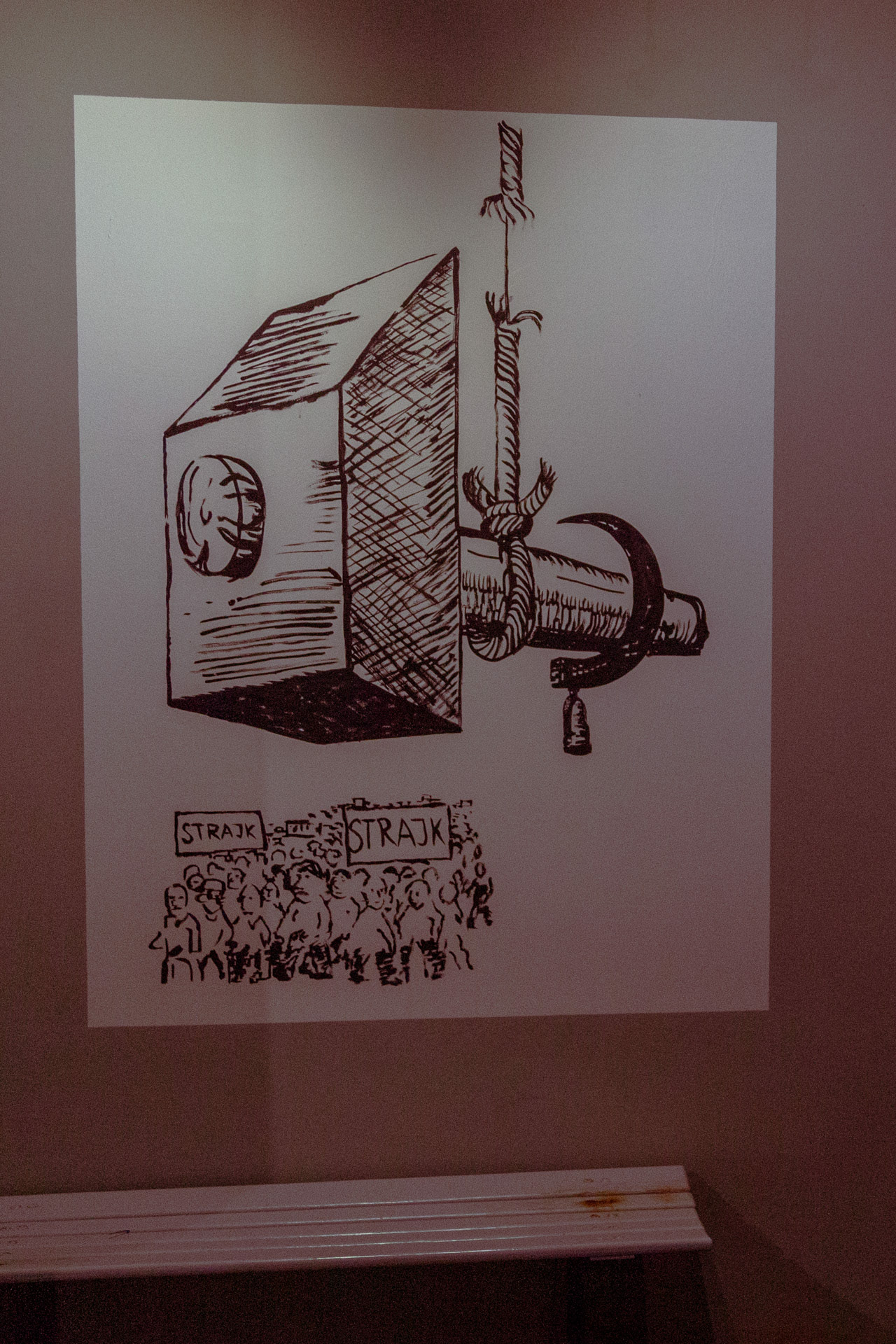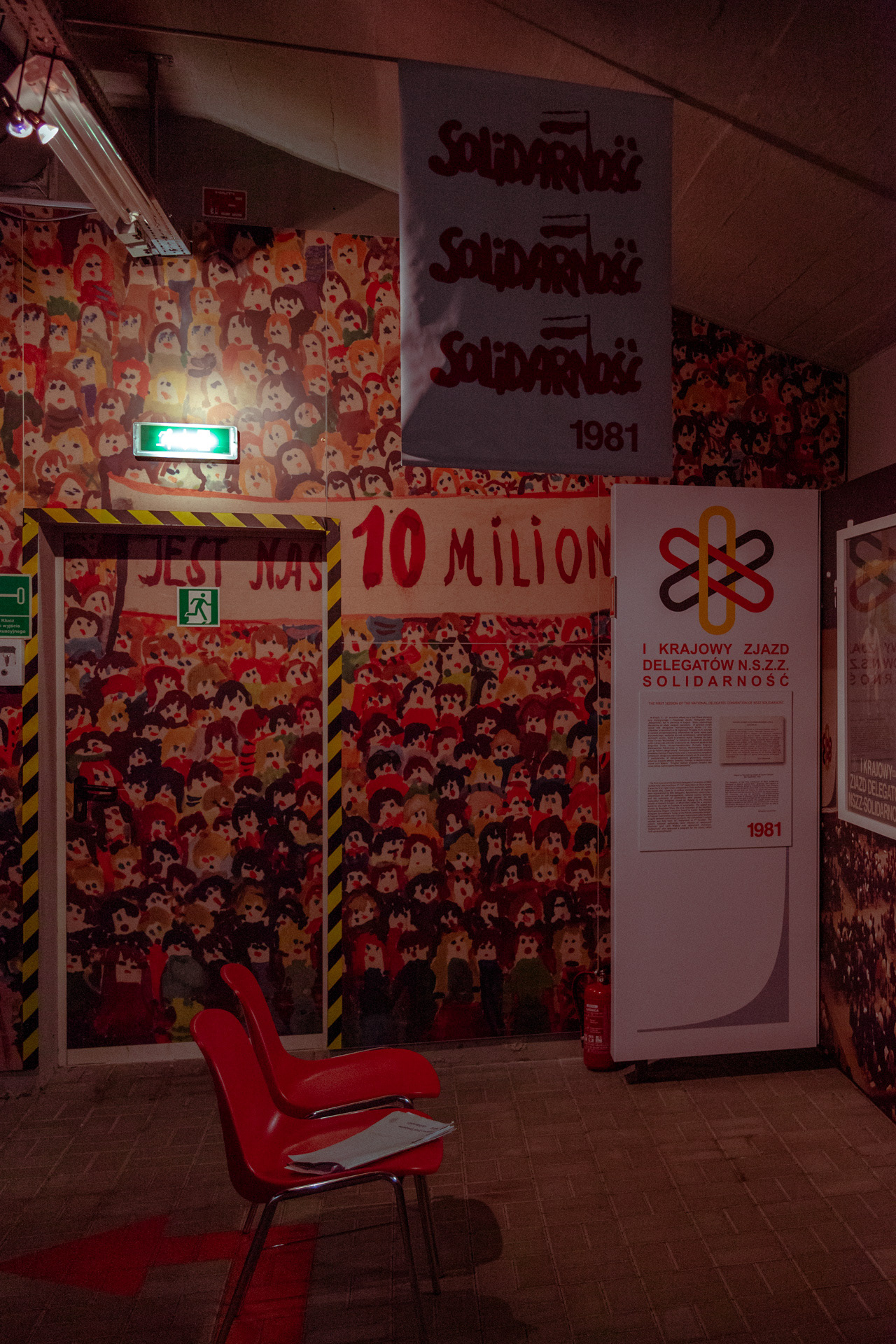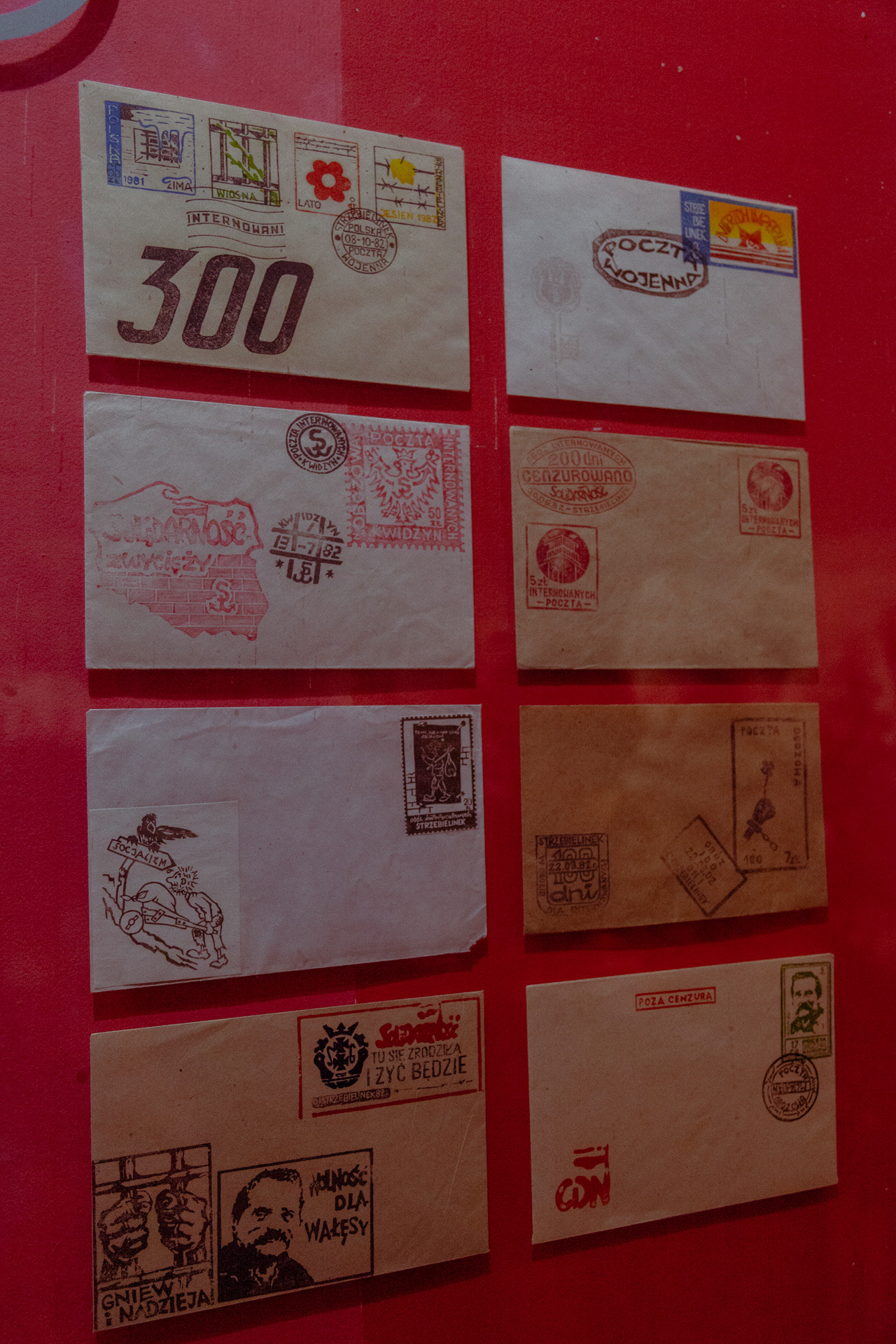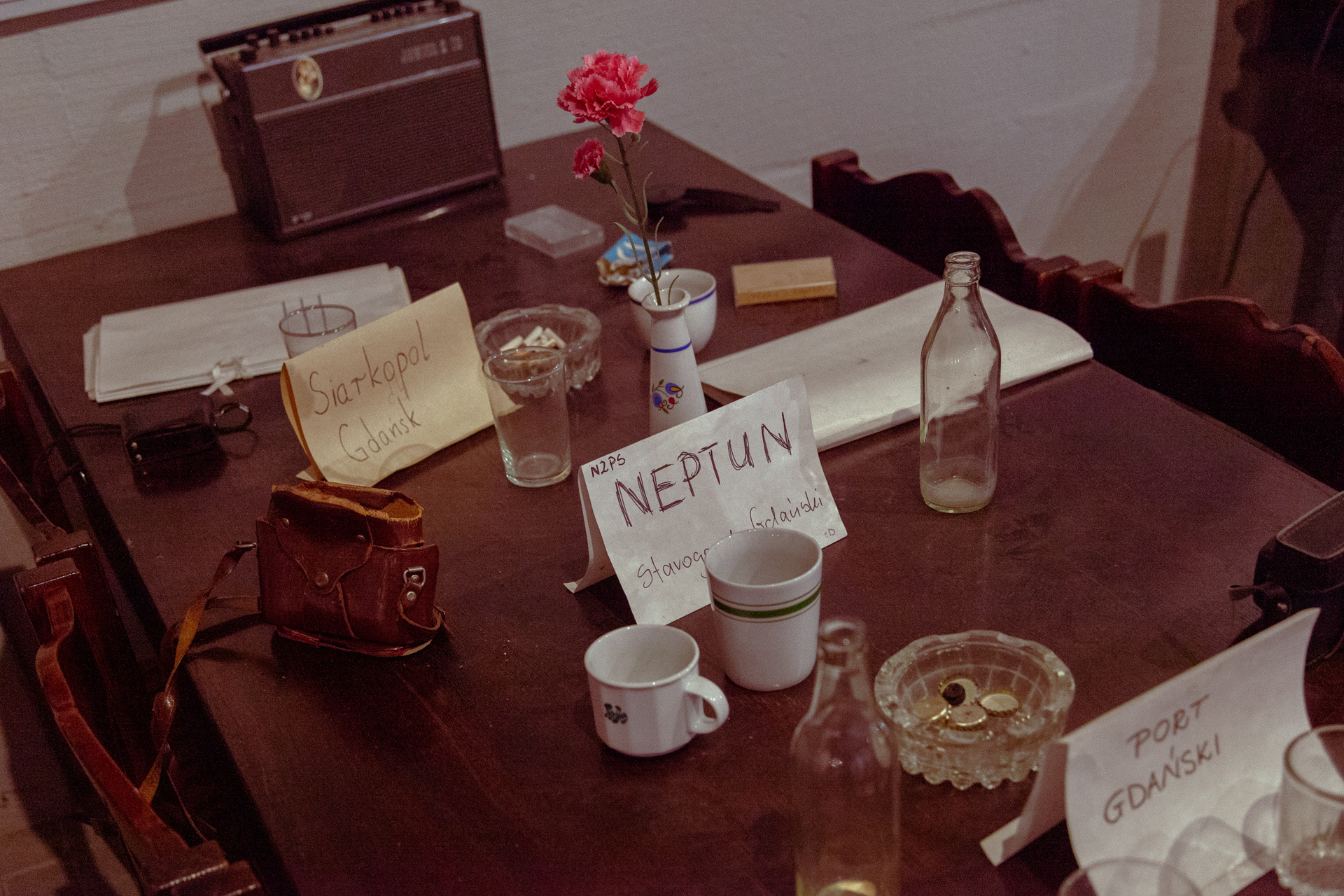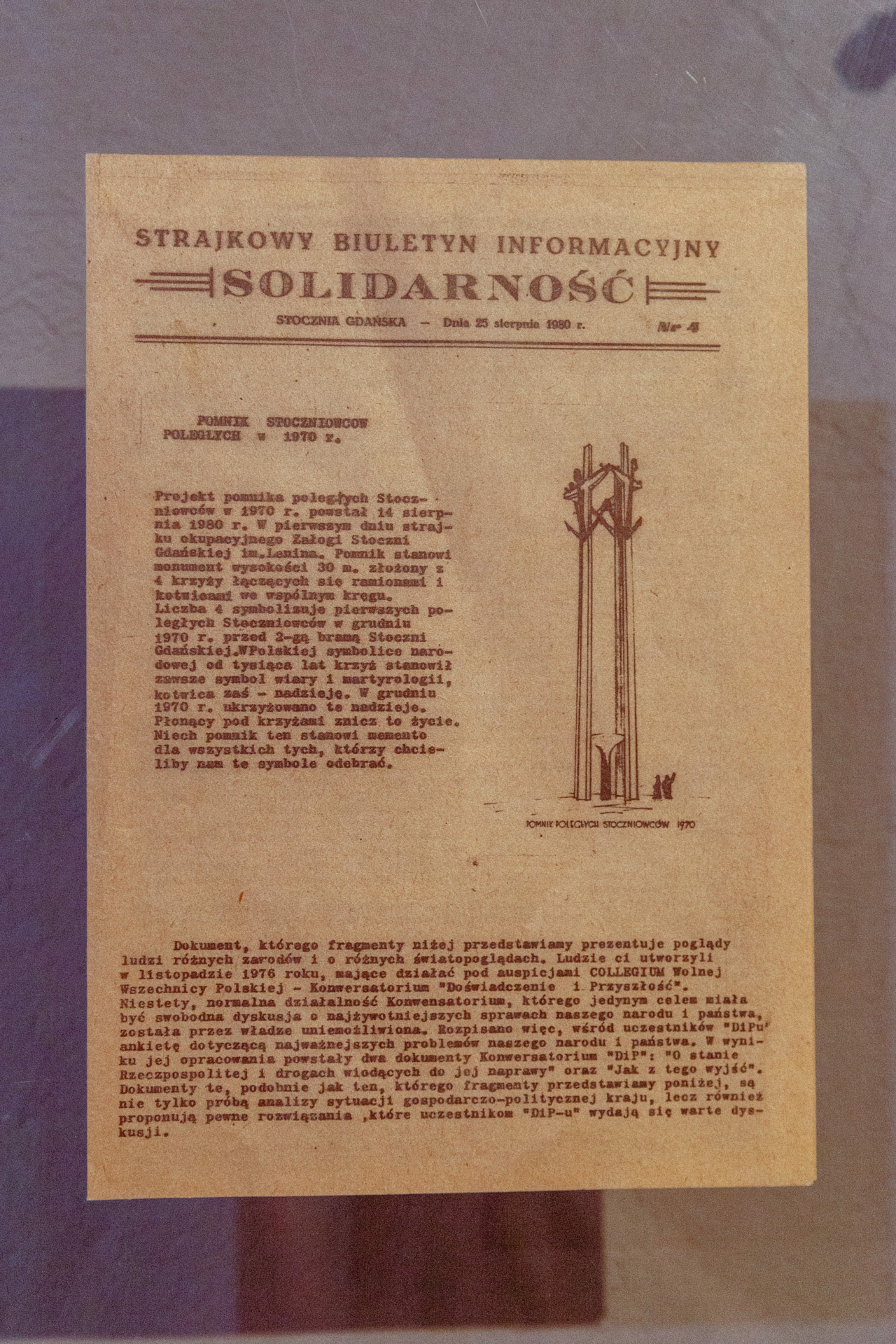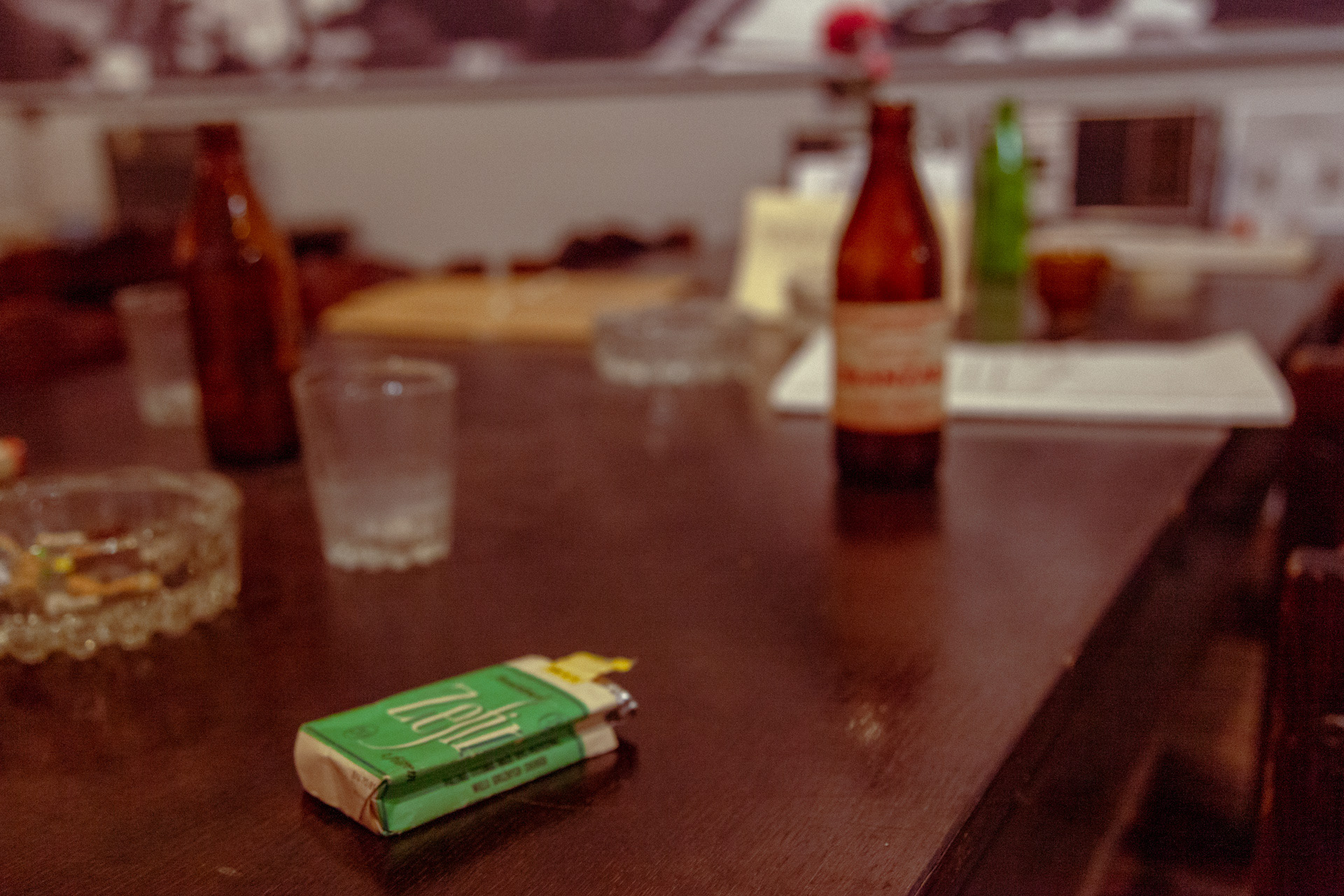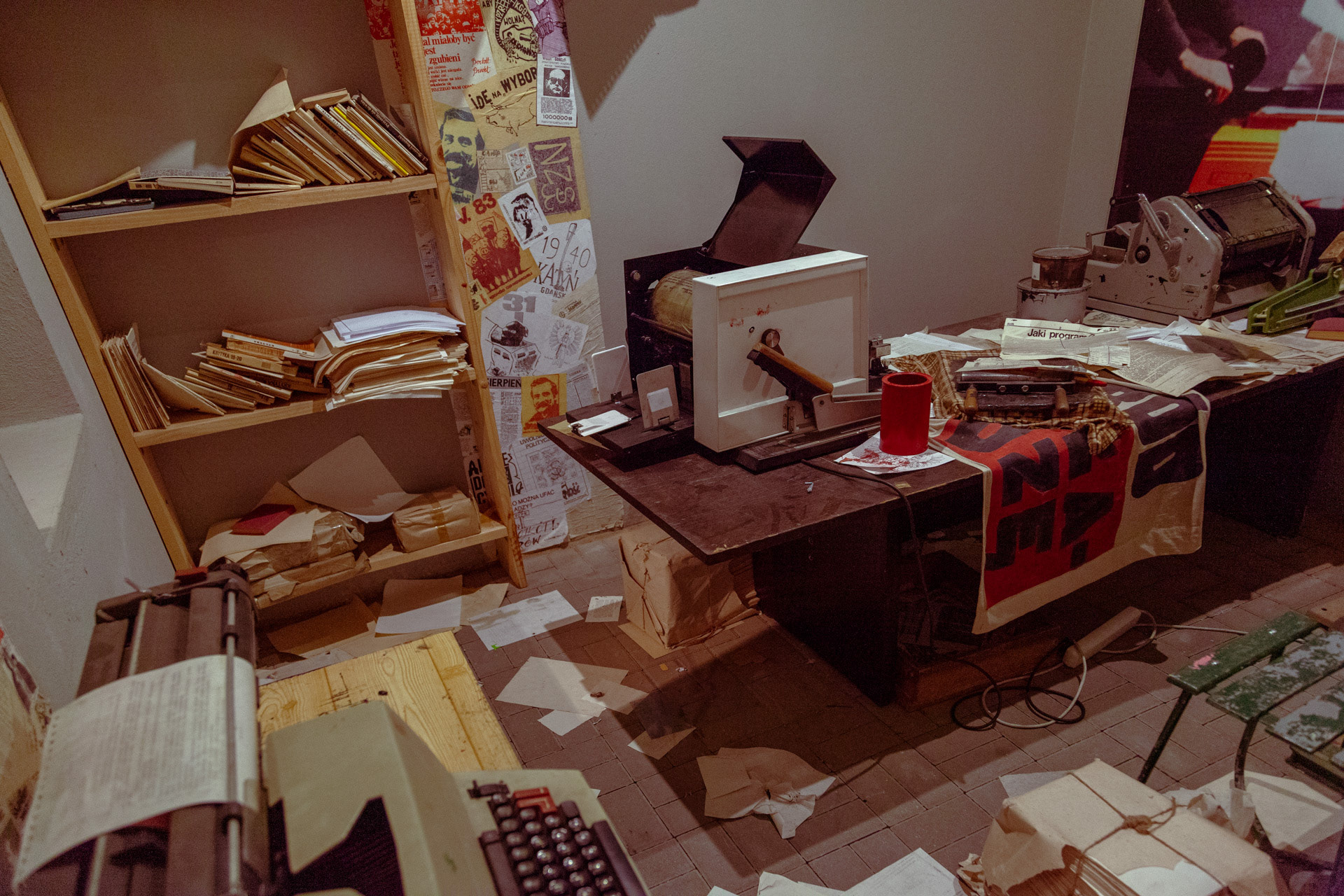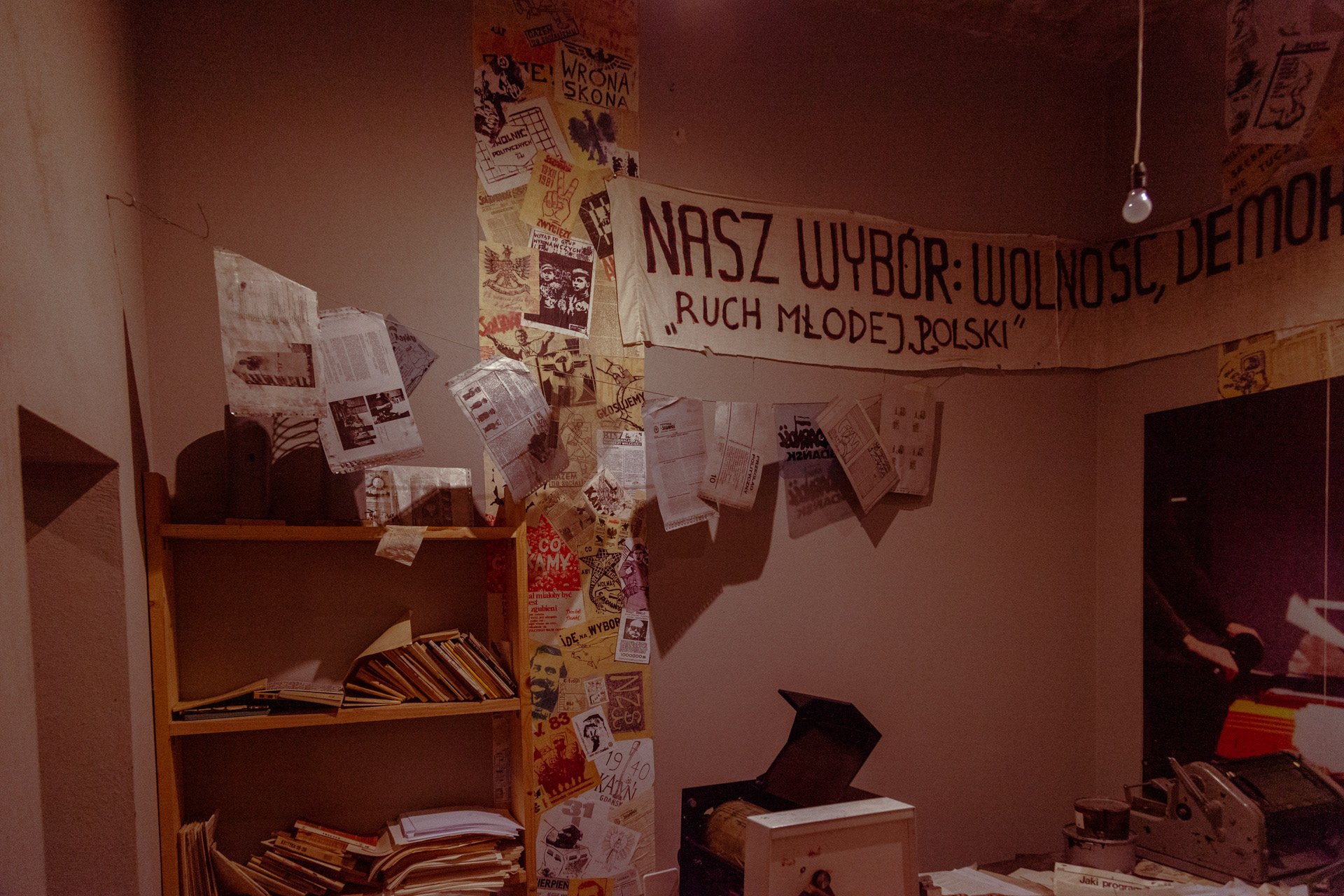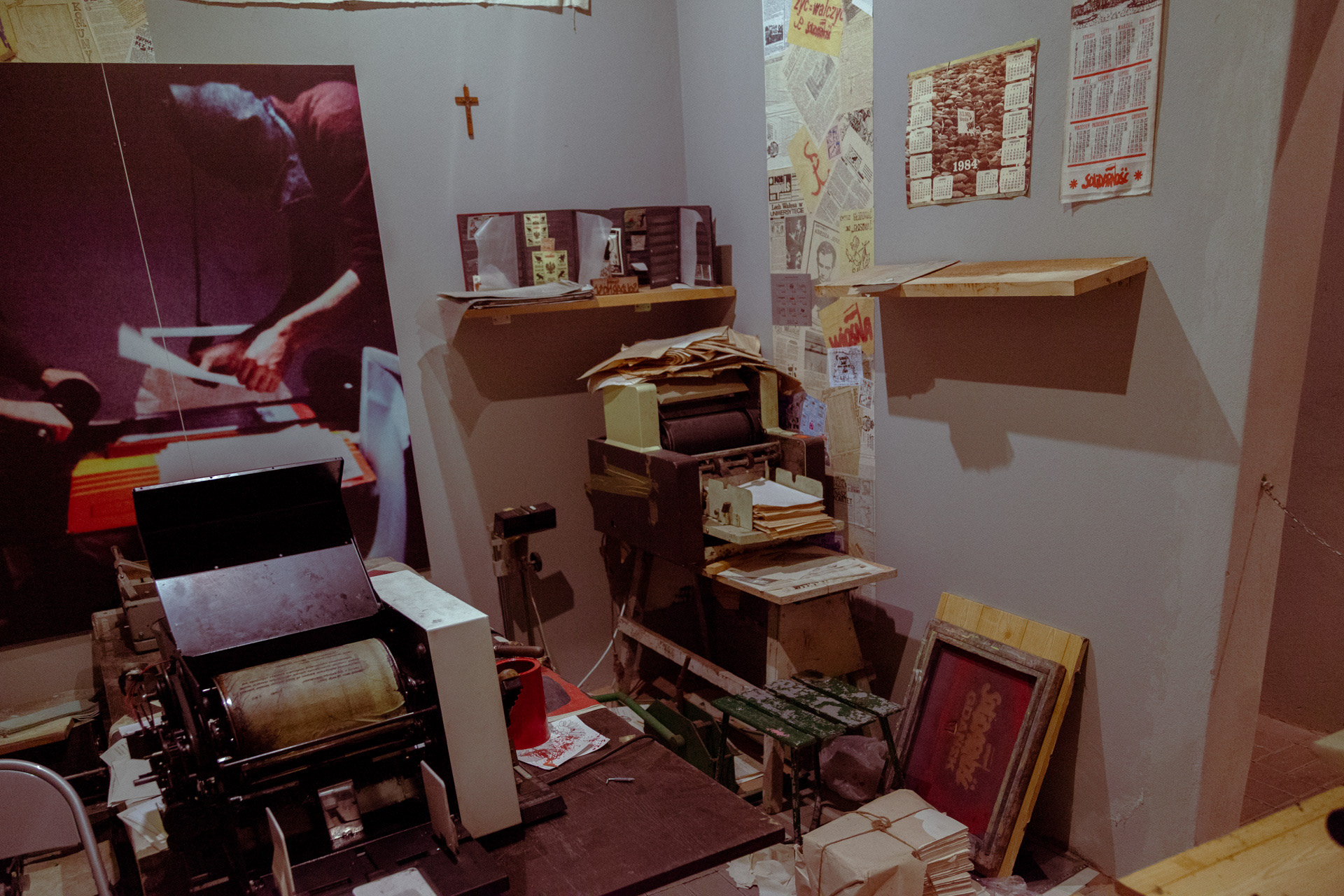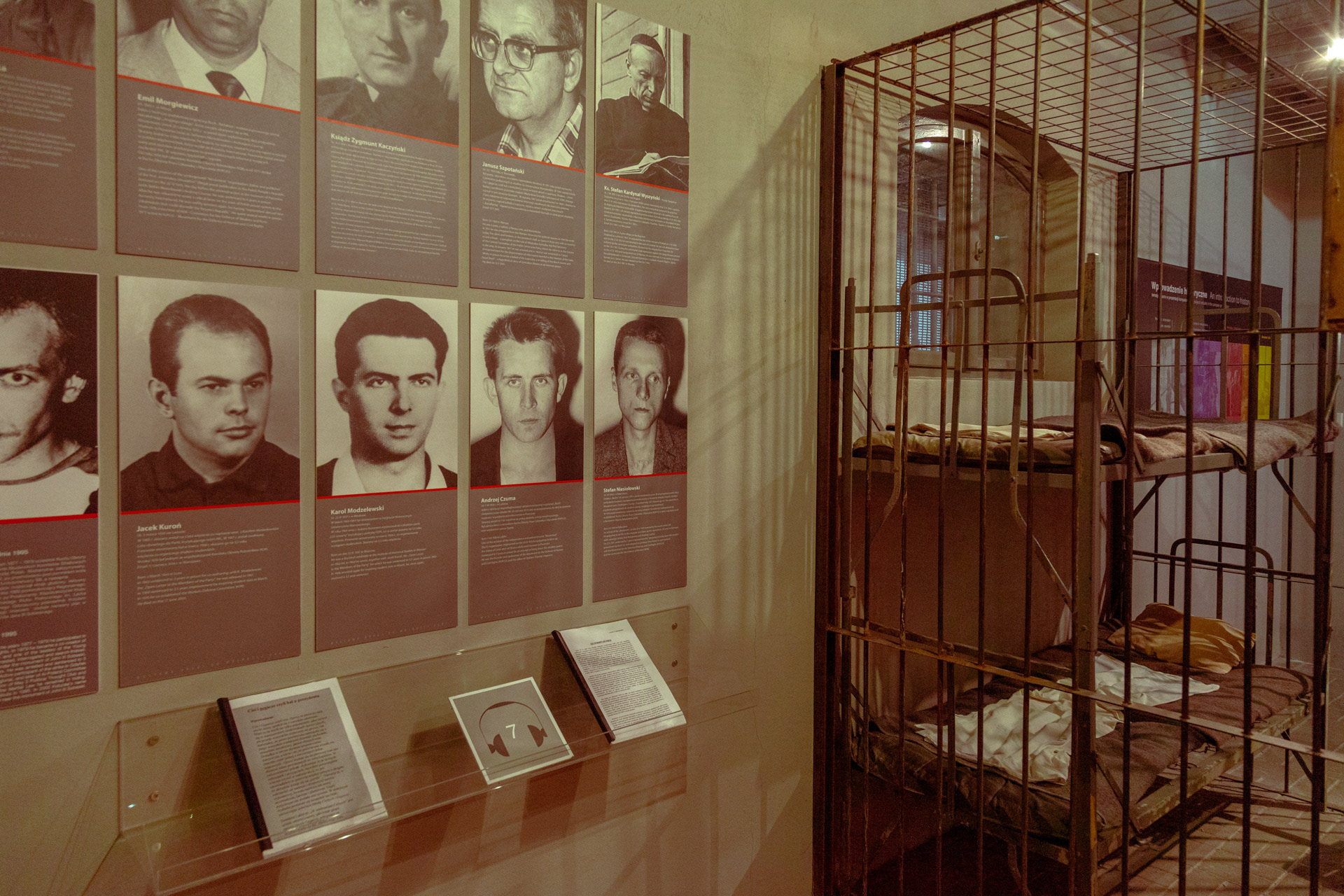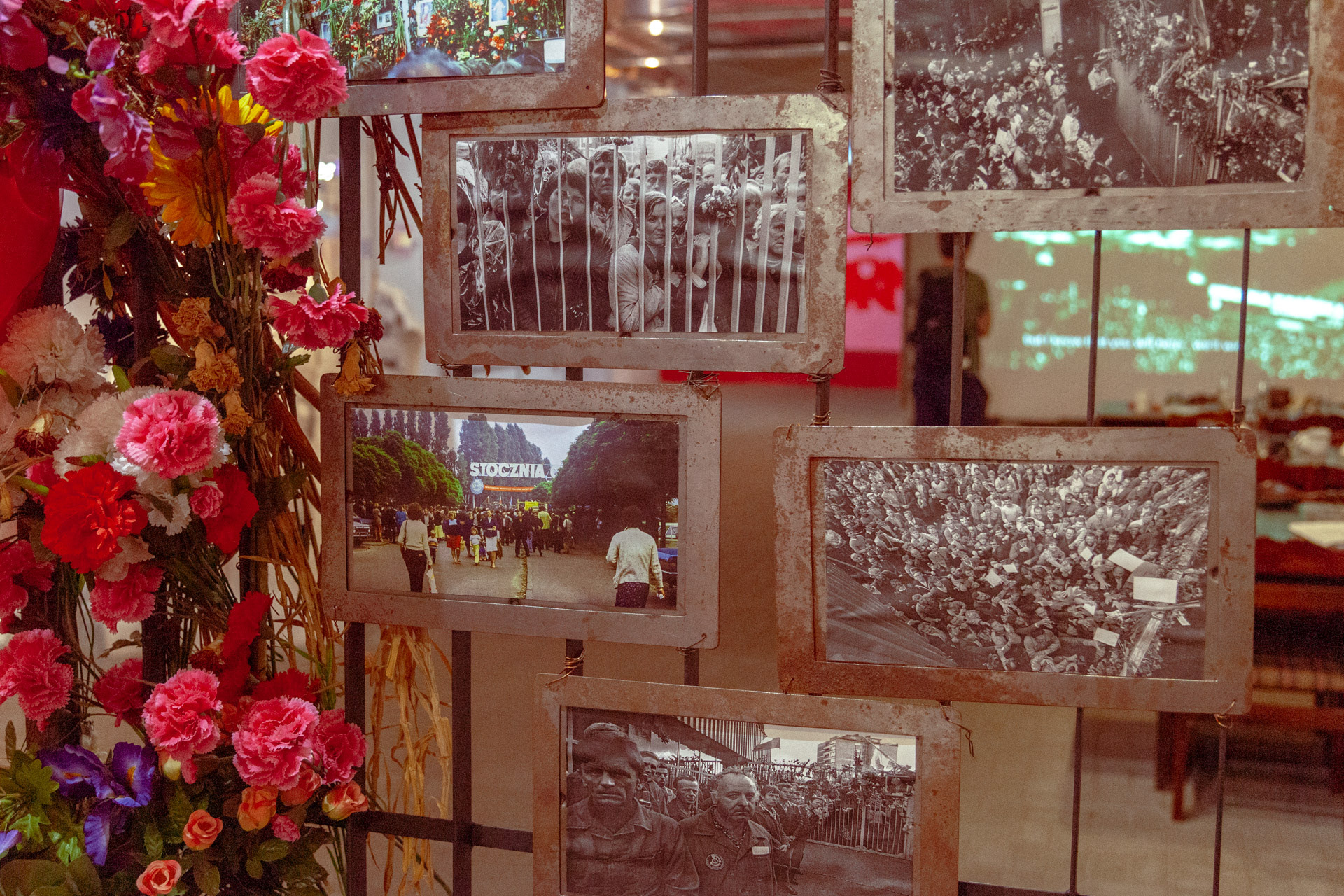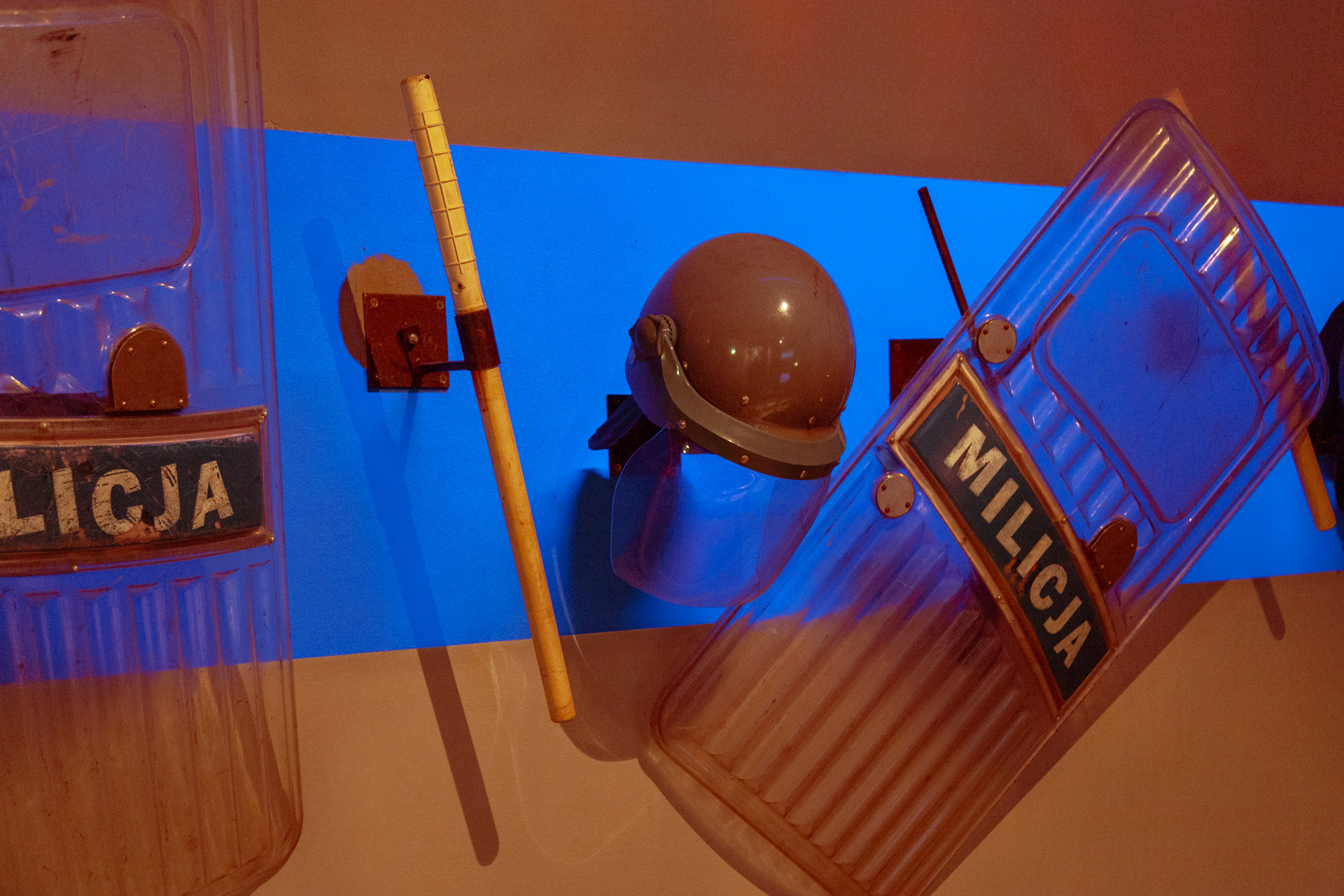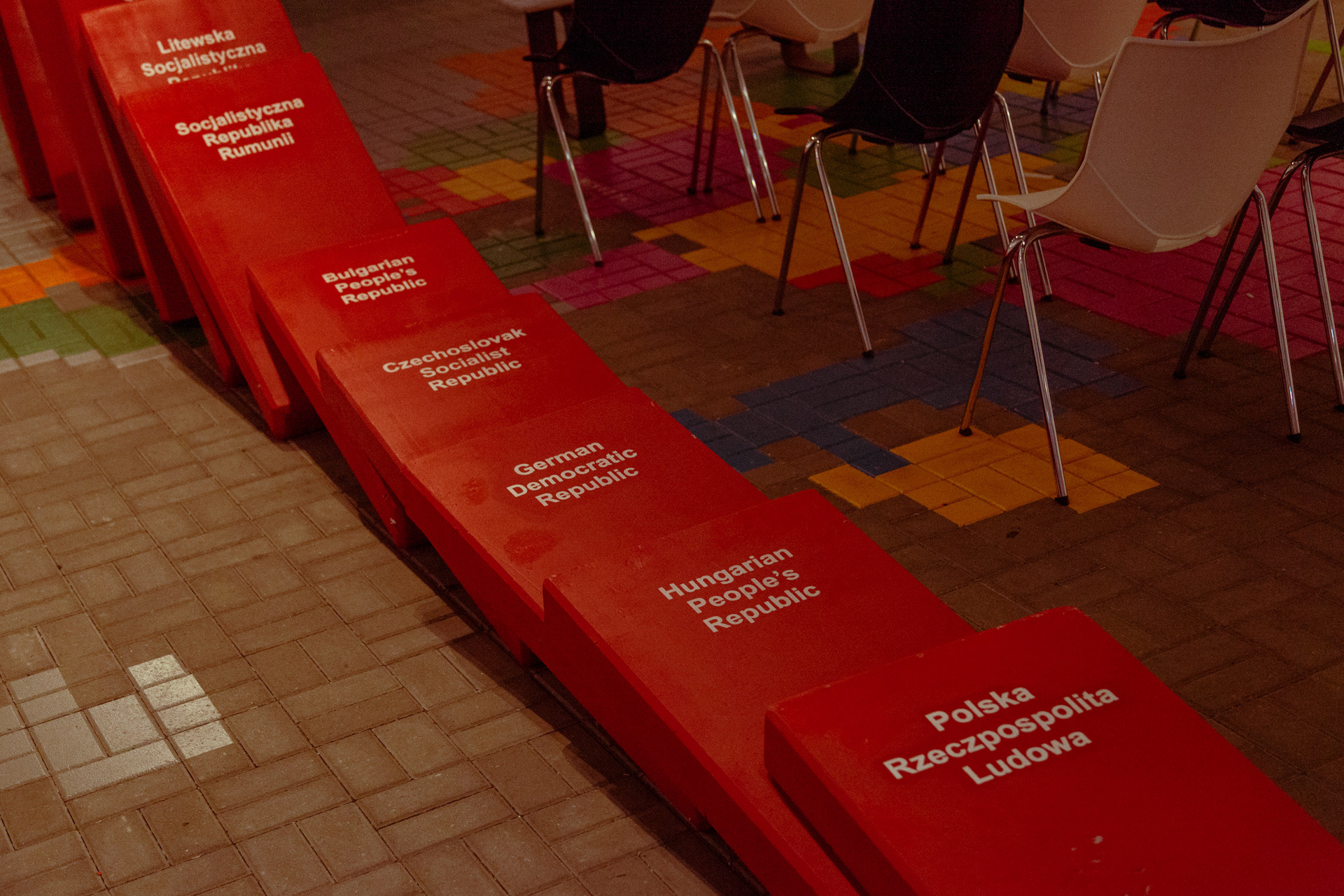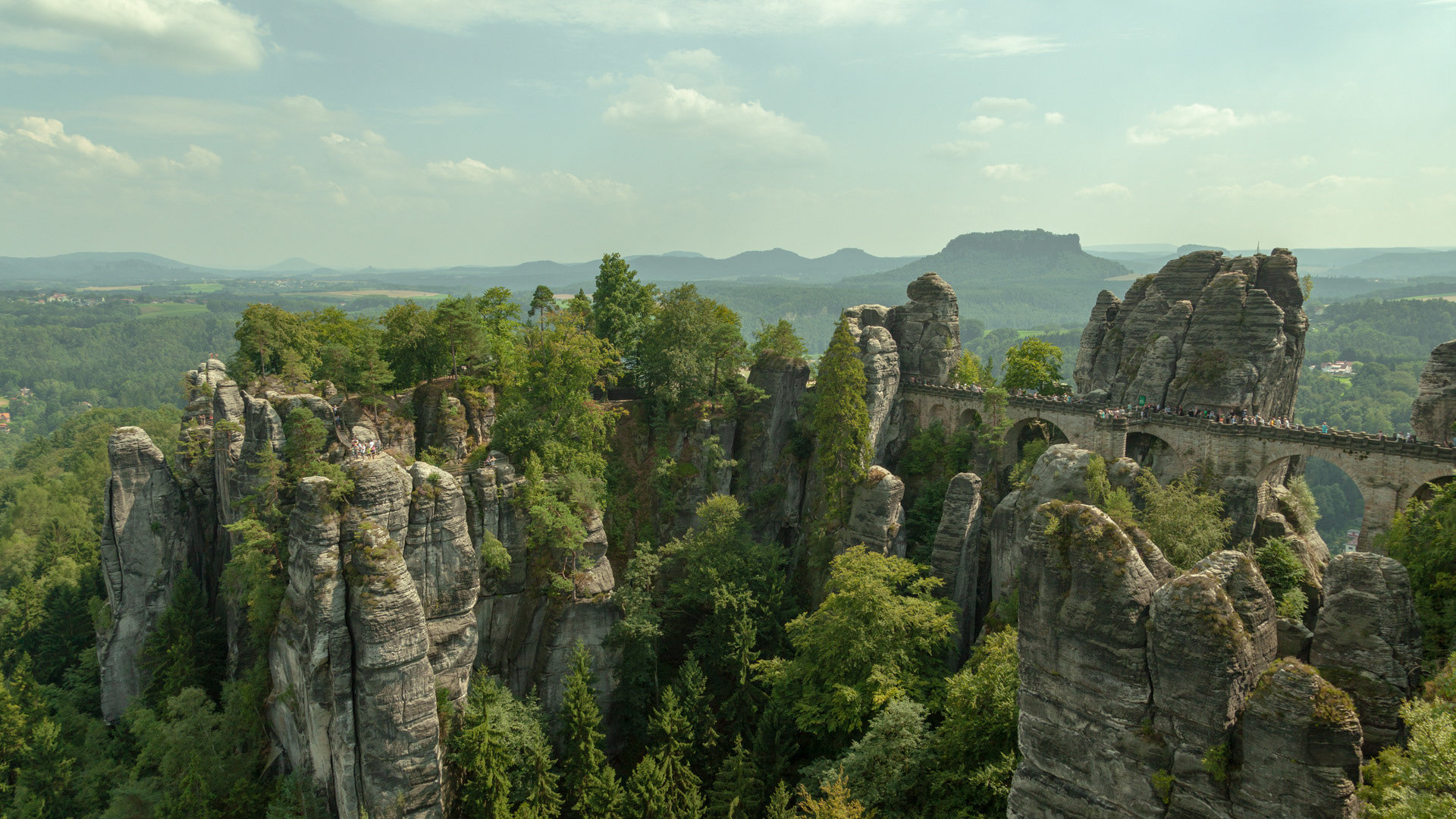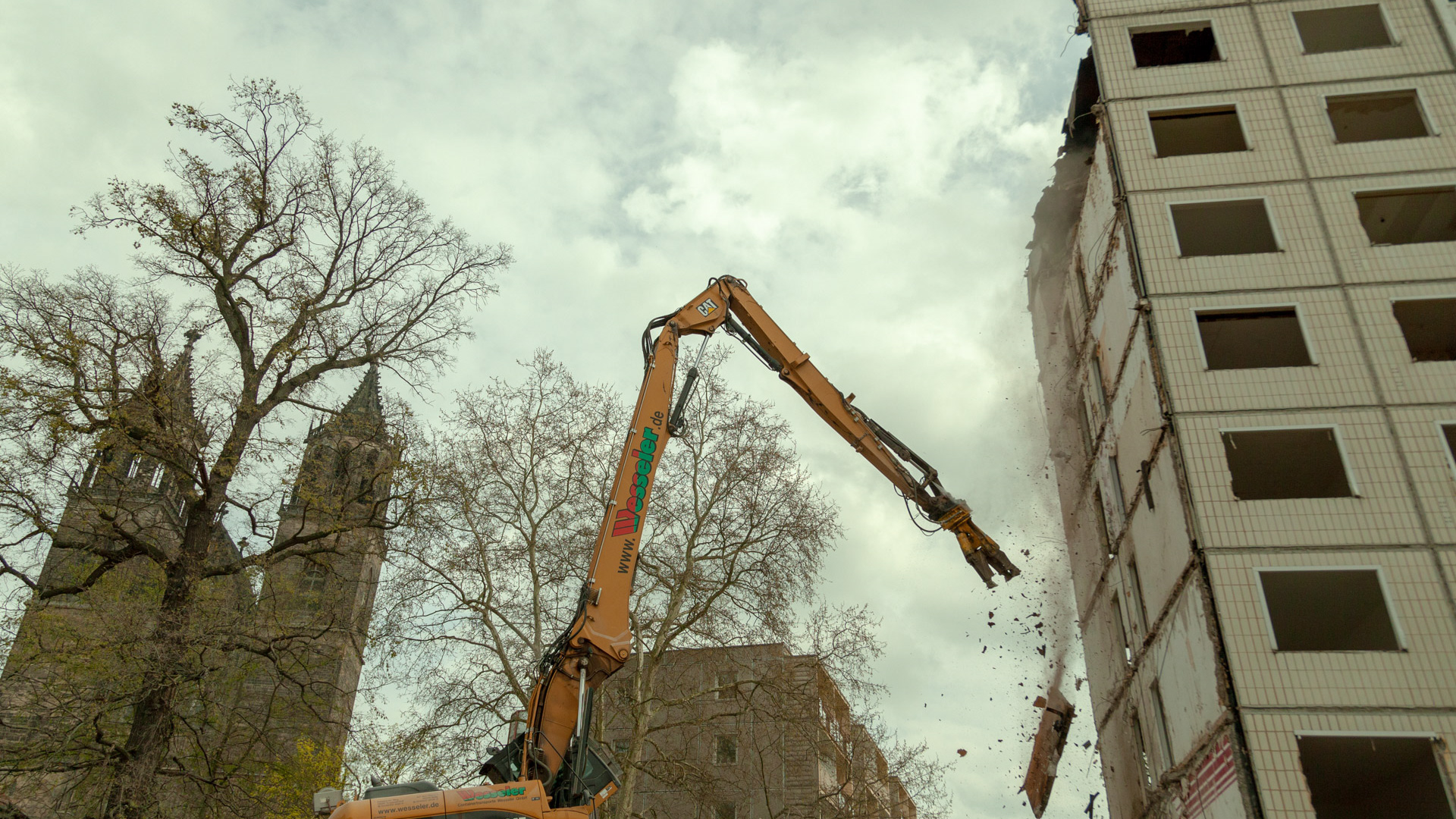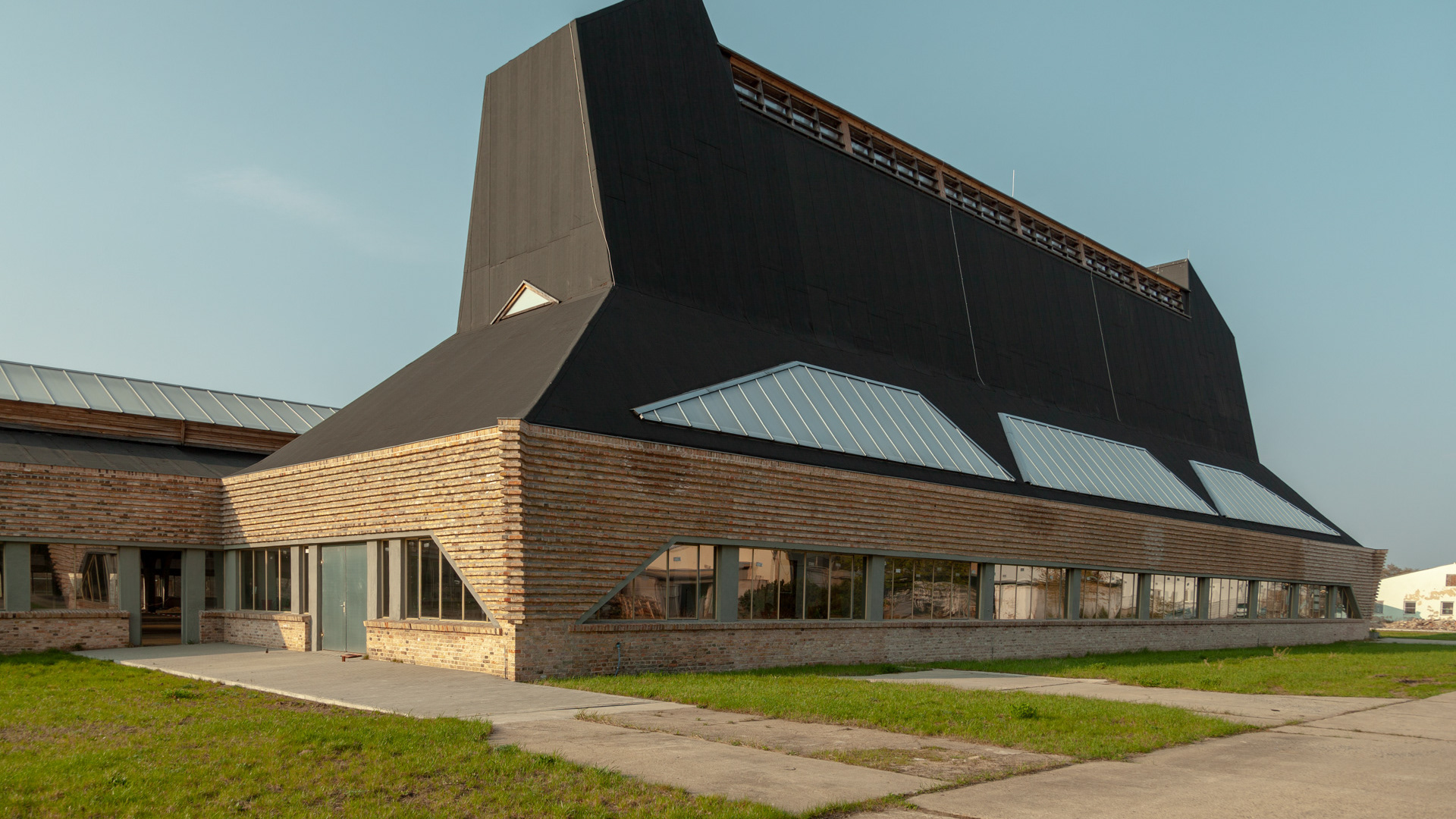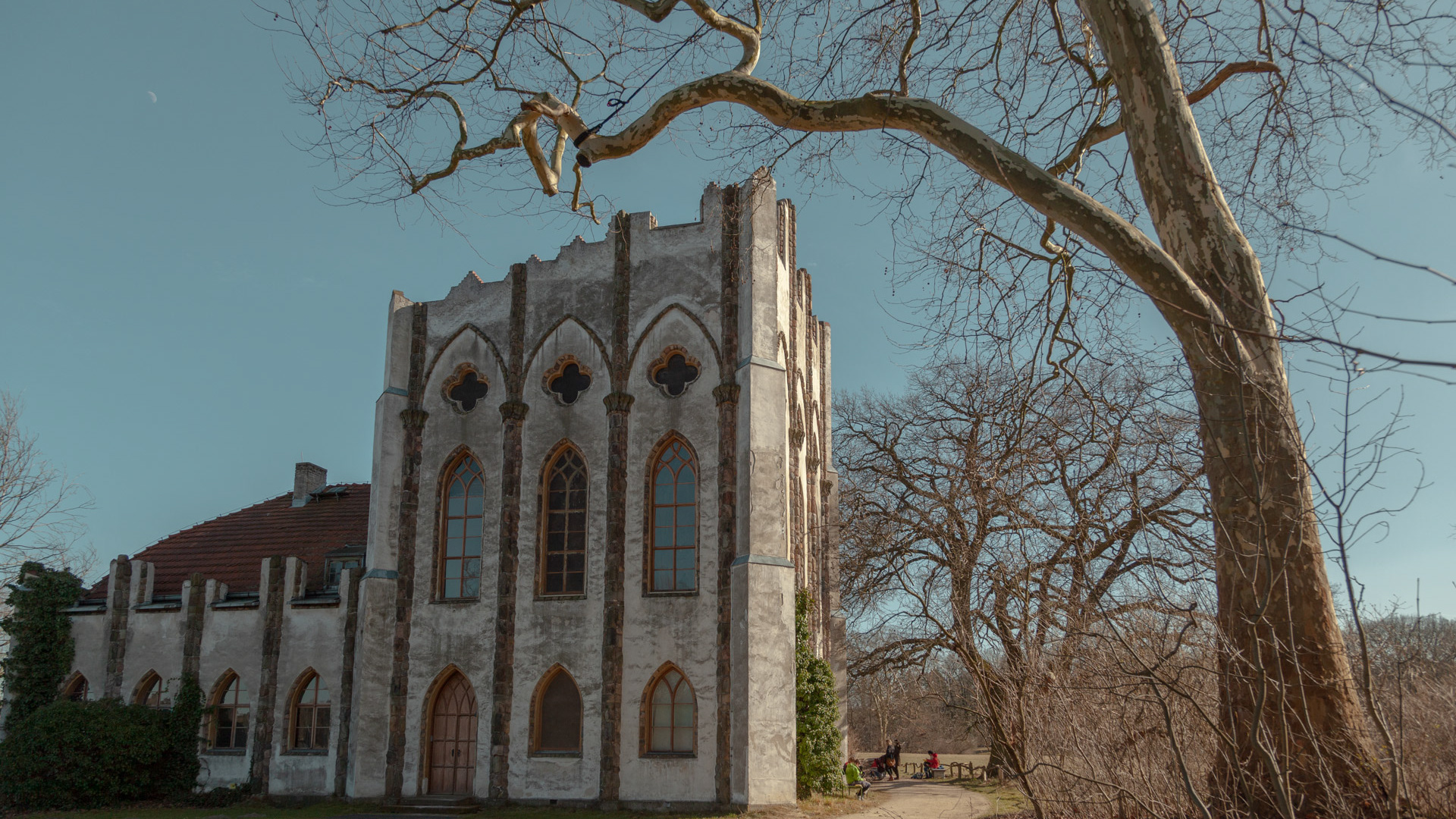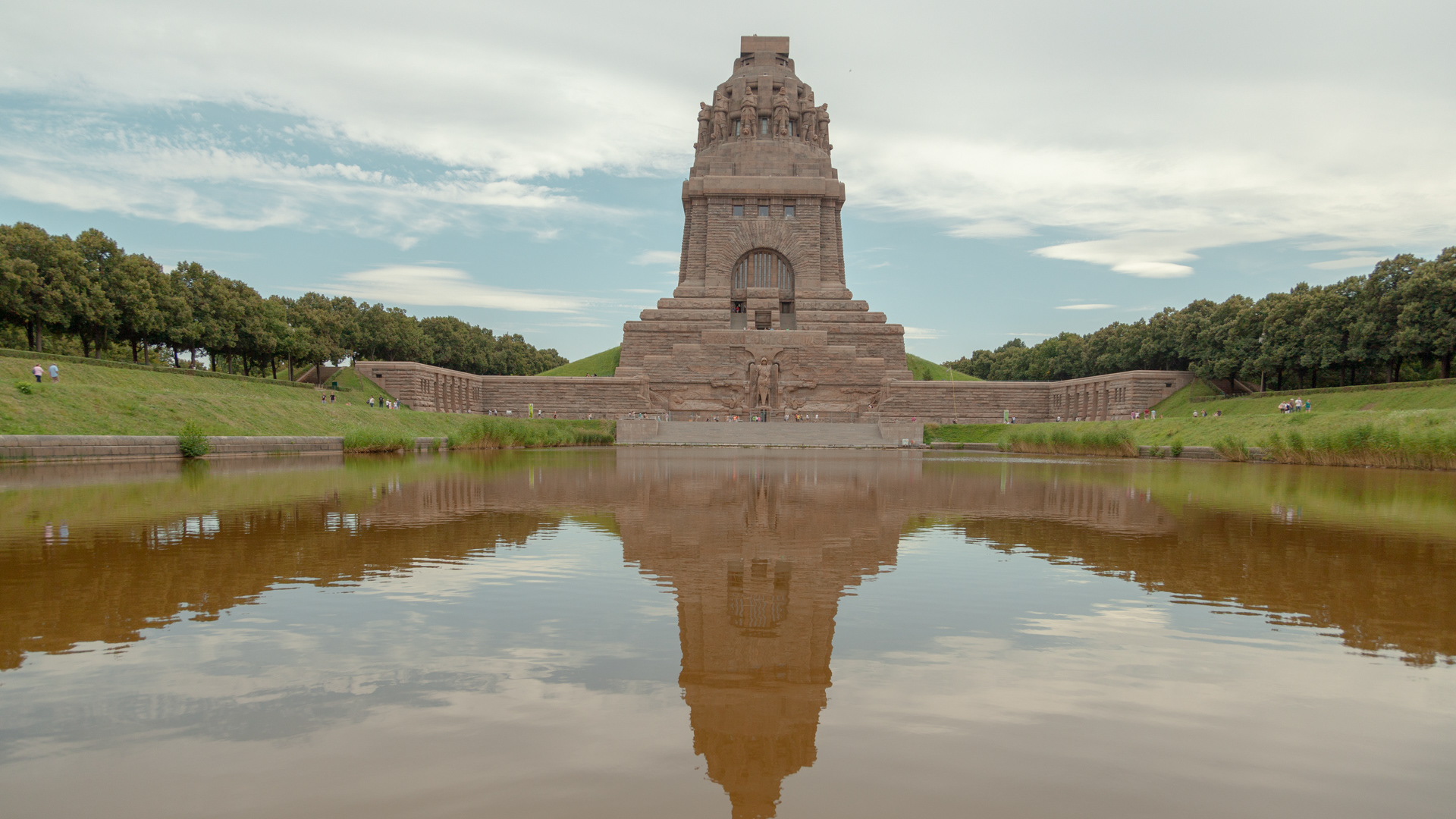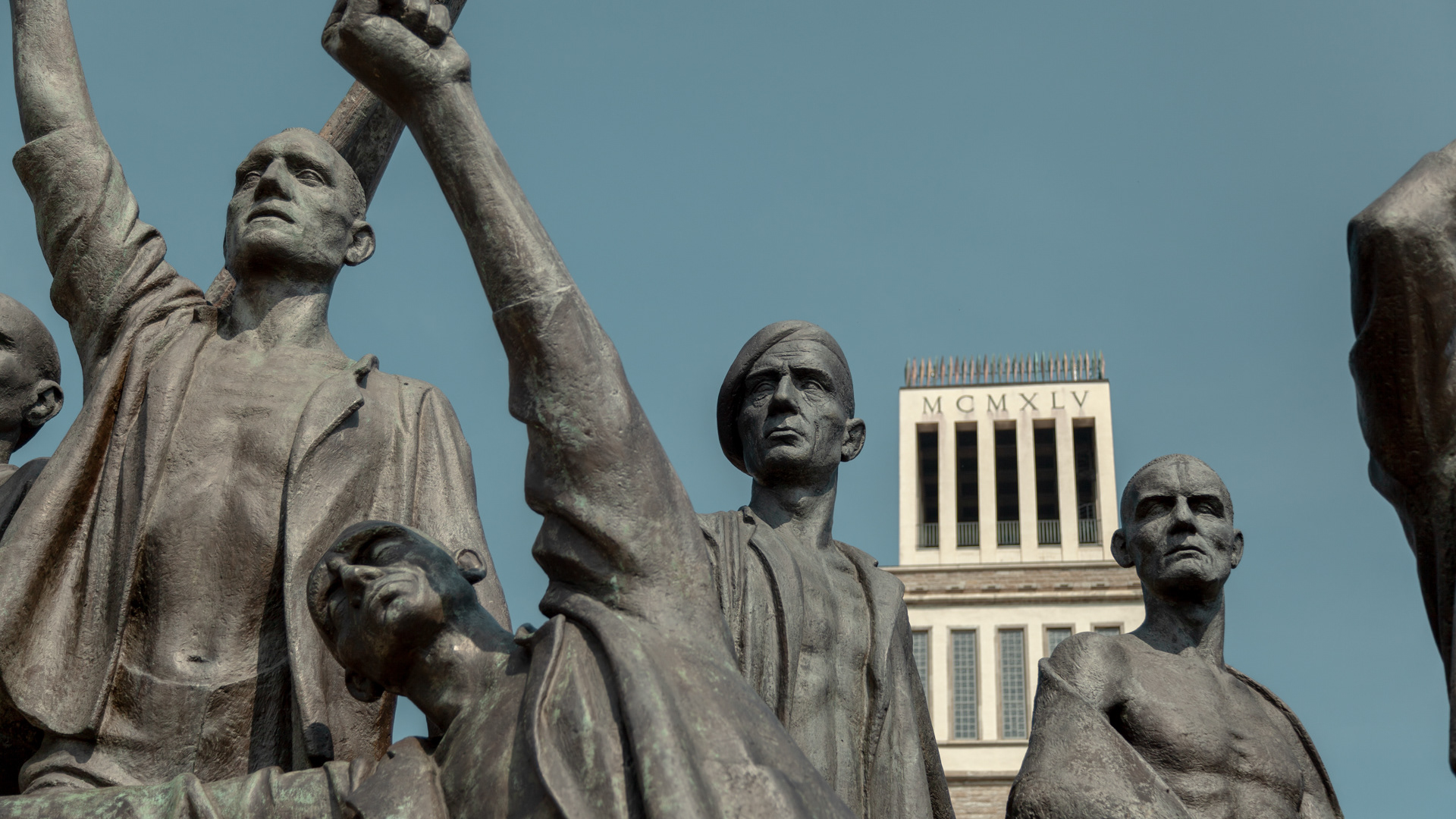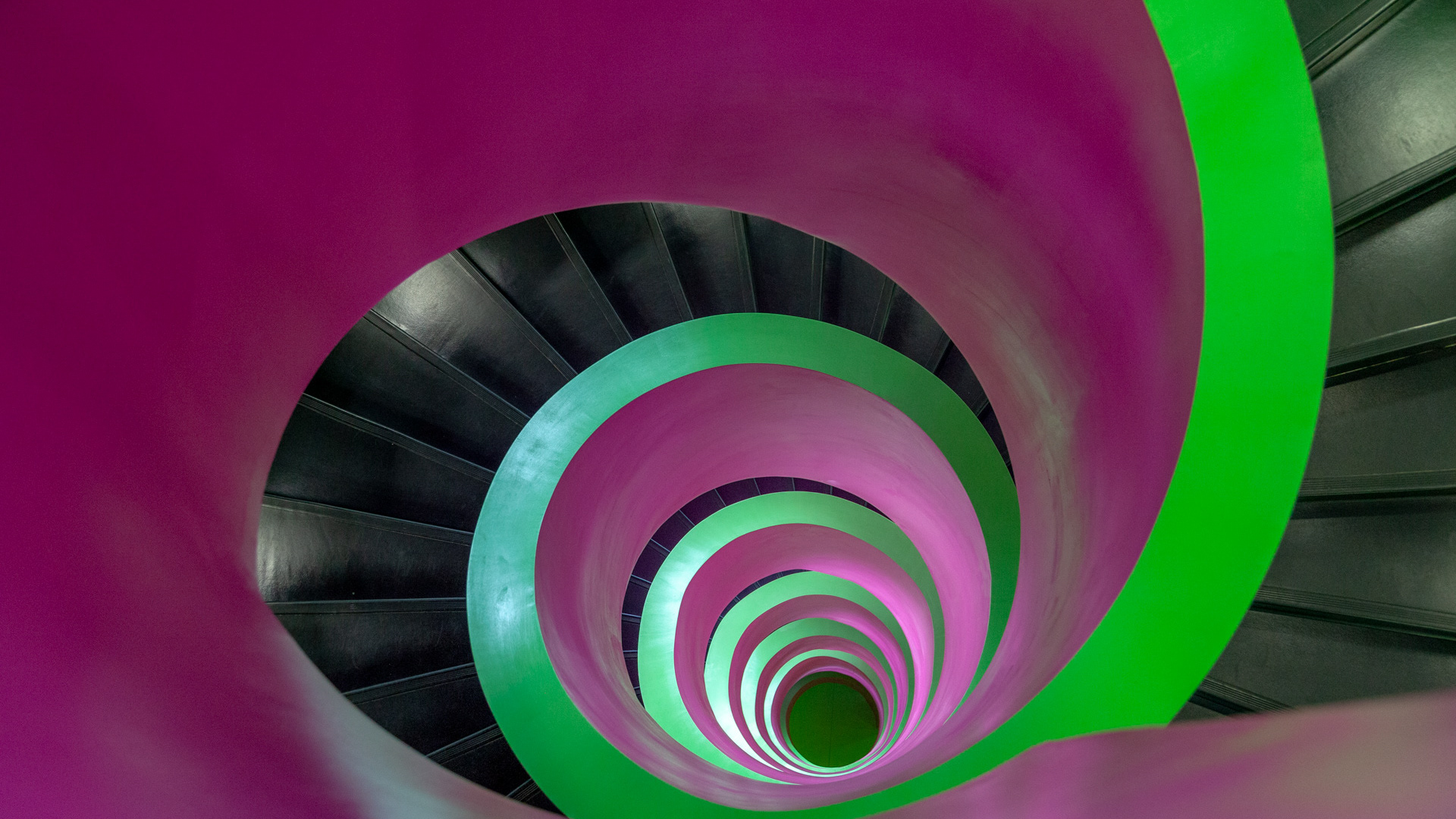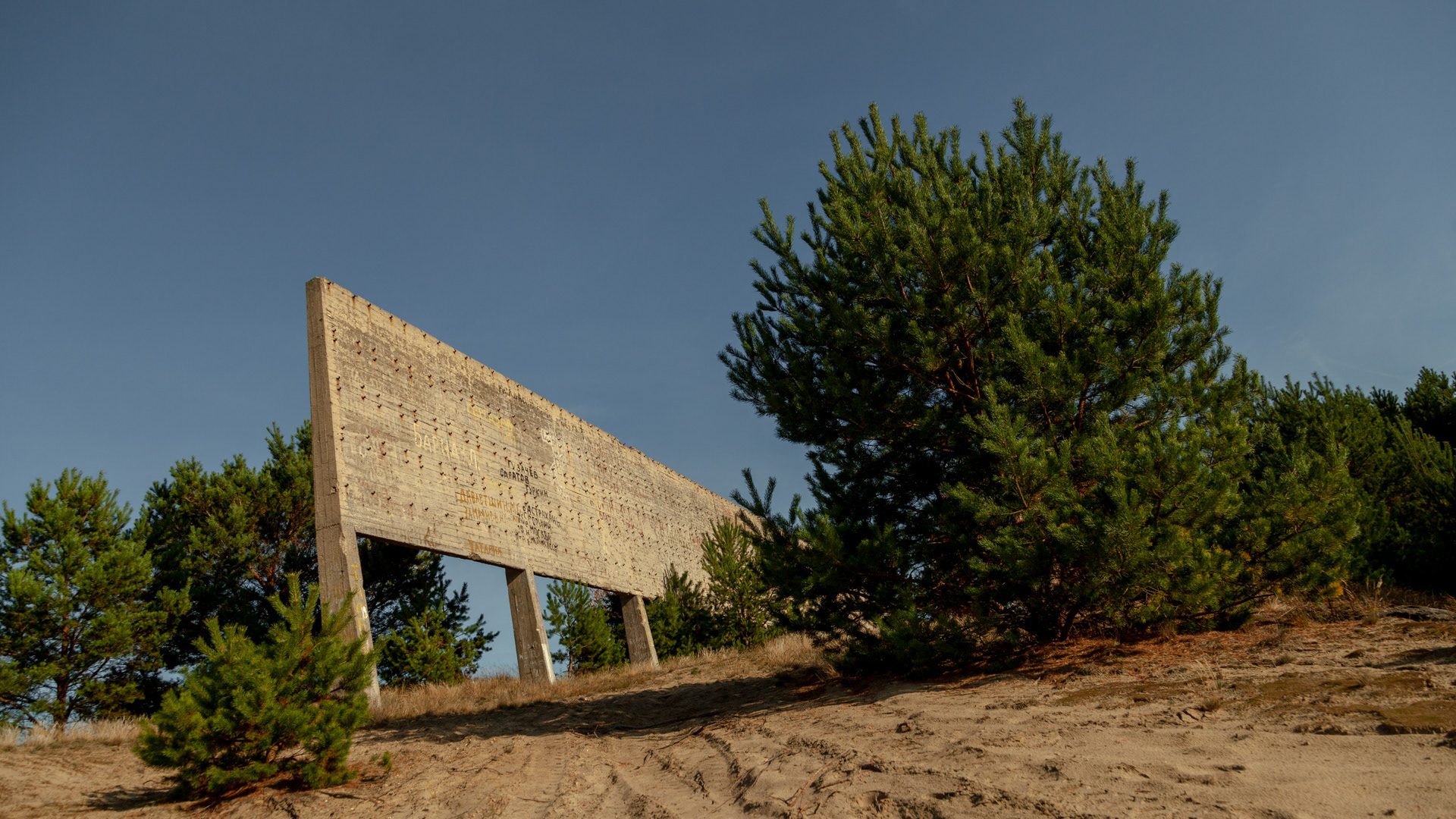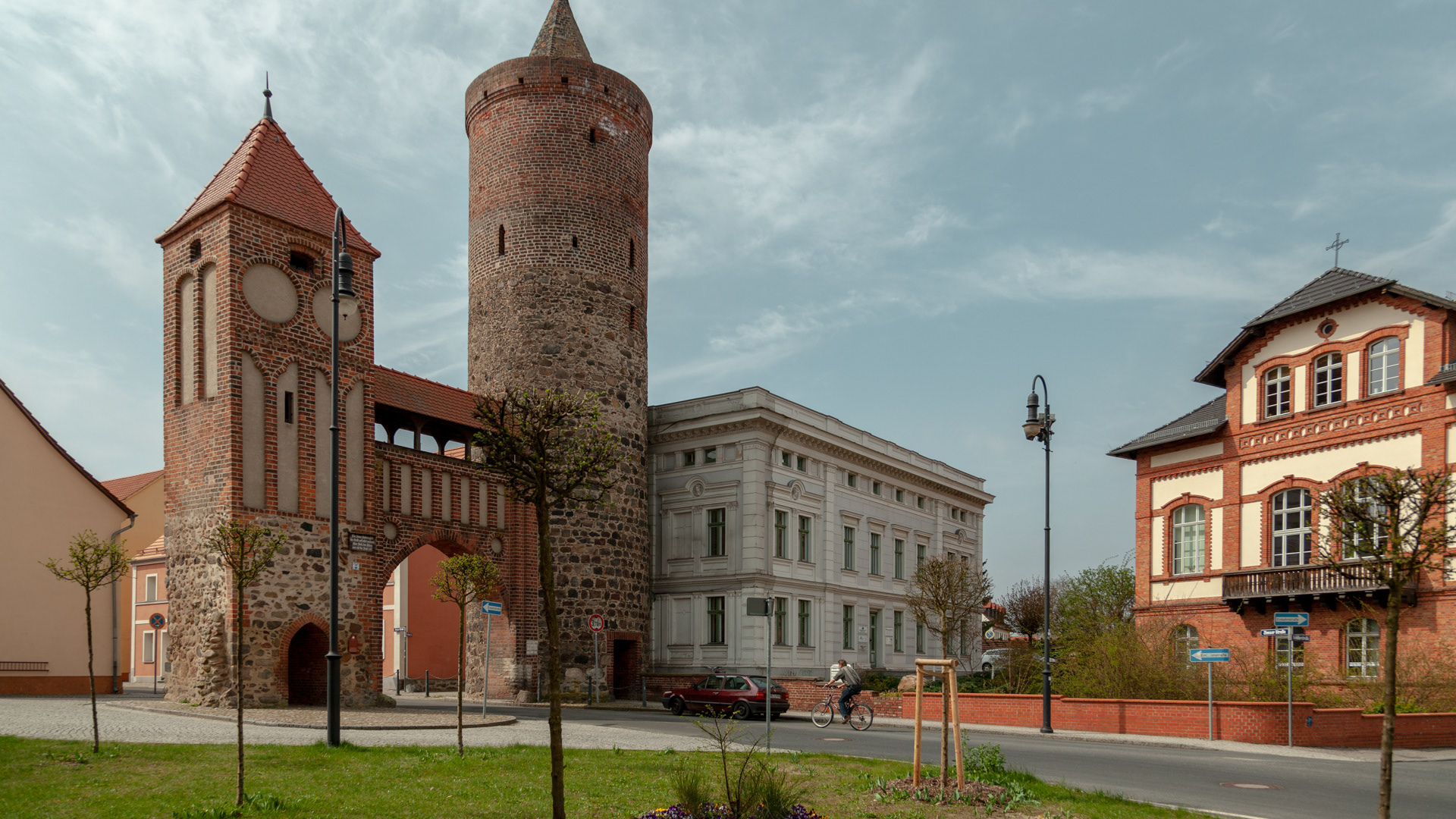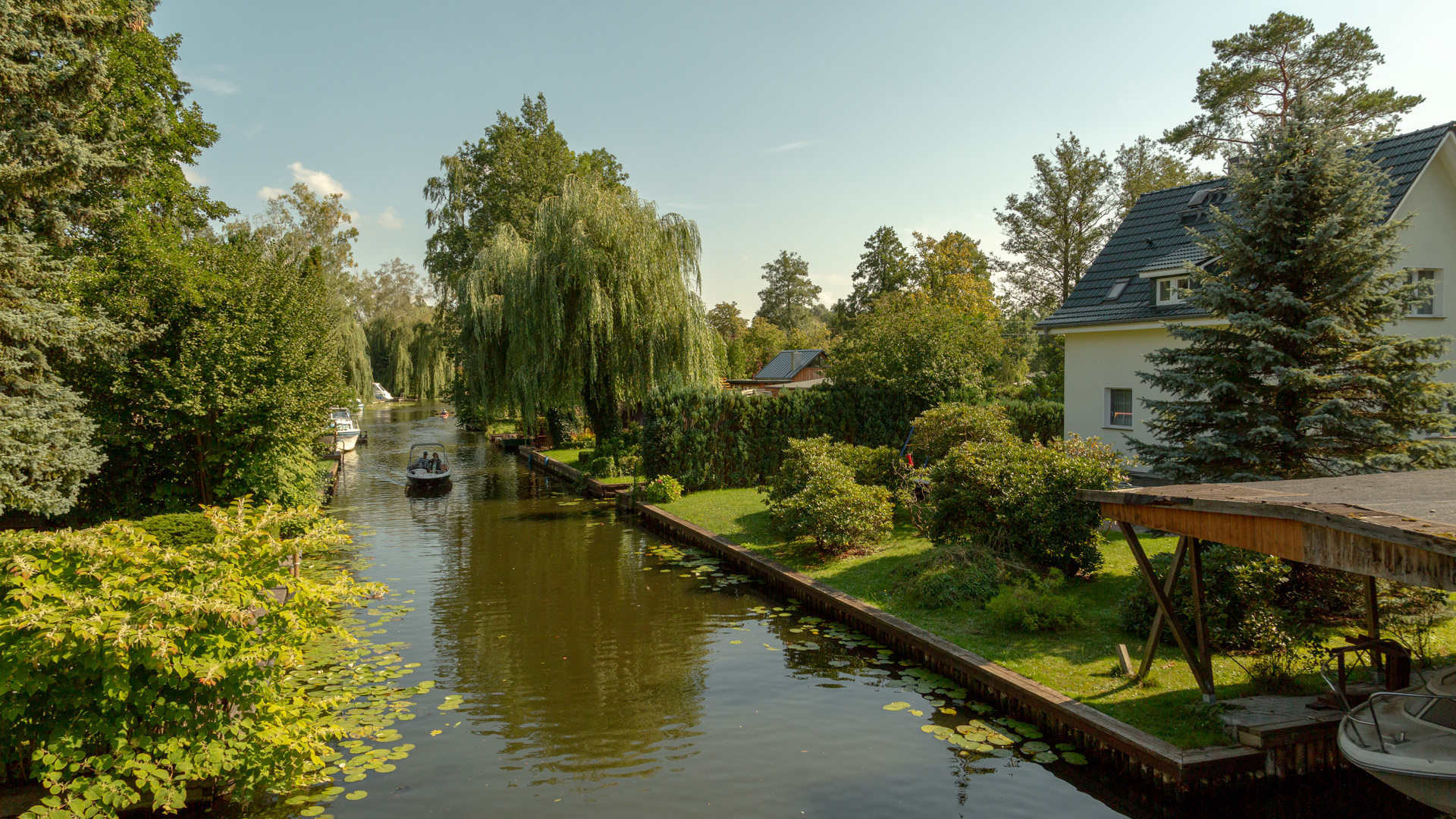The historical relationships between Germany and Poland are very deep and very old, so that is not very far from my research to go in Poland time to time. At the beginning of World War II, nearly a quarter of the pre-war Polish areas were annexed by Nazis and placed directly under German civil administration, while the rest of Nazi occupied Poland was named as General Government.
After the war, boosted by heavy investment in the development of its port and three major shipyards for Soviet ambitions in the Baltic region, Gdańsk became the major shipping and industrial center of the Communist People's Republic of Poland under the name of Vladimir Lenin Shipyard.
In December 1970, Gdańsk was the scene of anti-regime demonstrations, which led to the downfall of Poland's communist leader Władysław Gomułka. During the demonstrations in Gdańsk and Gdynia, military as well as the police opened fire on the demonstrators causing several dozen deaths. Ten years later, on August 31, 1980, Gdańsk Shipyard was the birthplace of Solidarnosch , the Solidarity trade union movement, whose opposition to the Communist regime led to the end of Communist Party rule in 1989, and sparked a series of protests that successfully overturned the Communist regimes of the former Soviet bloc. Solidarity's leader, Lech Wałęsa became President of Poland in 1990.
So the Fall of the Berlin Wall is itself a consequence of Solidarnosch.
Unfortunately, the Shipyards today are going to be removed, cause a new shipyard has been built and there's not enough work for this old wonderful giant iron monsters.
After the war, boosted by heavy investment in the development of its port and three major shipyards for Soviet ambitions in the Baltic region, Gdańsk became the major shipping and industrial center of the Communist People's Republic of Poland under the name of Vladimir Lenin Shipyard.
In December 1970, Gdańsk was the scene of anti-regime demonstrations, which led to the downfall of Poland's communist leader Władysław Gomułka. During the demonstrations in Gdańsk and Gdynia, military as well as the police opened fire on the demonstrators causing several dozen deaths. Ten years later, on August 31, 1980, Gdańsk Shipyard was the birthplace of Solidarnosch , the Solidarity trade union movement, whose opposition to the Communist regime led to the end of Communist Party rule in 1989, and sparked a series of protests that successfully overturned the Communist regimes of the former Soviet bloc. Solidarity's leader, Lech Wałęsa became President of Poland in 1990.
So the Fall of the Berlin Wall is itself a consequence of Solidarnosch.
Unfortunately, the Shipyards today are going to be removed, cause a new shipyard has been built and there's not enough work for this old wonderful giant iron monsters.
